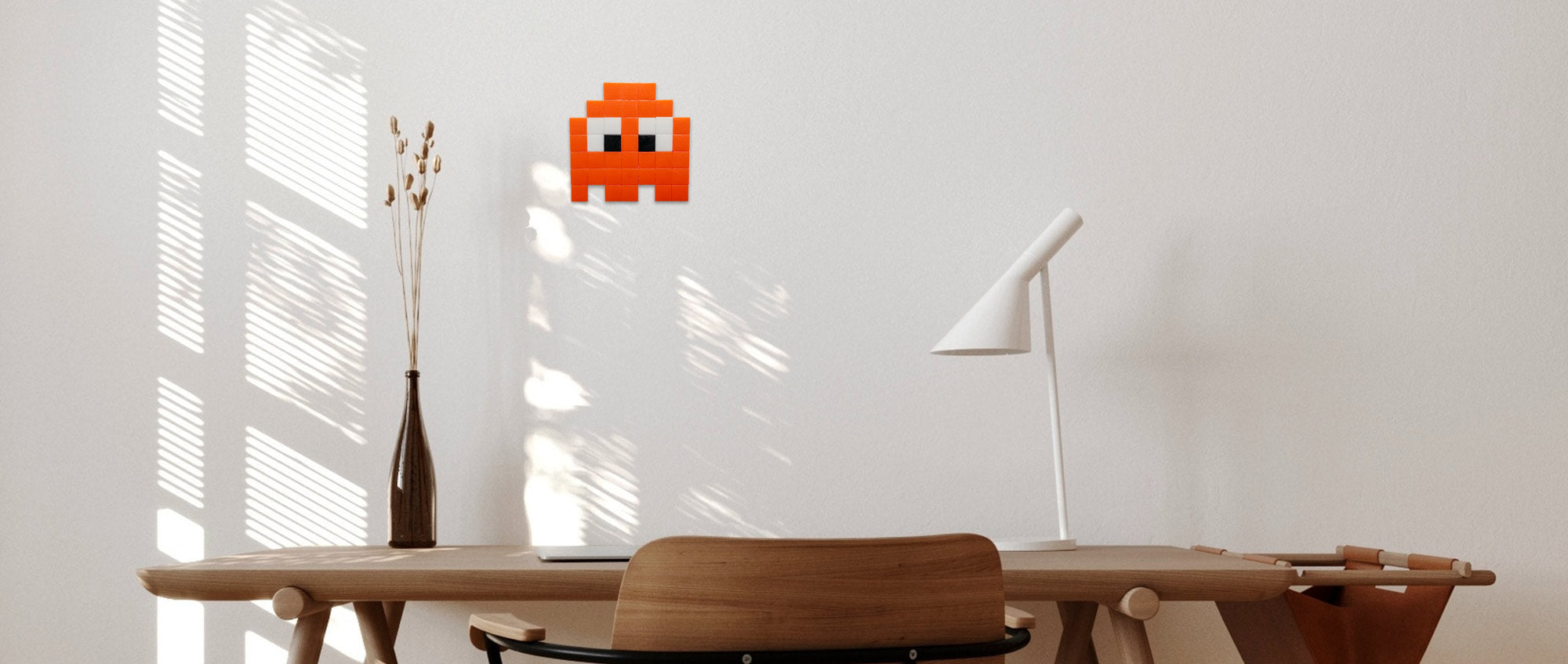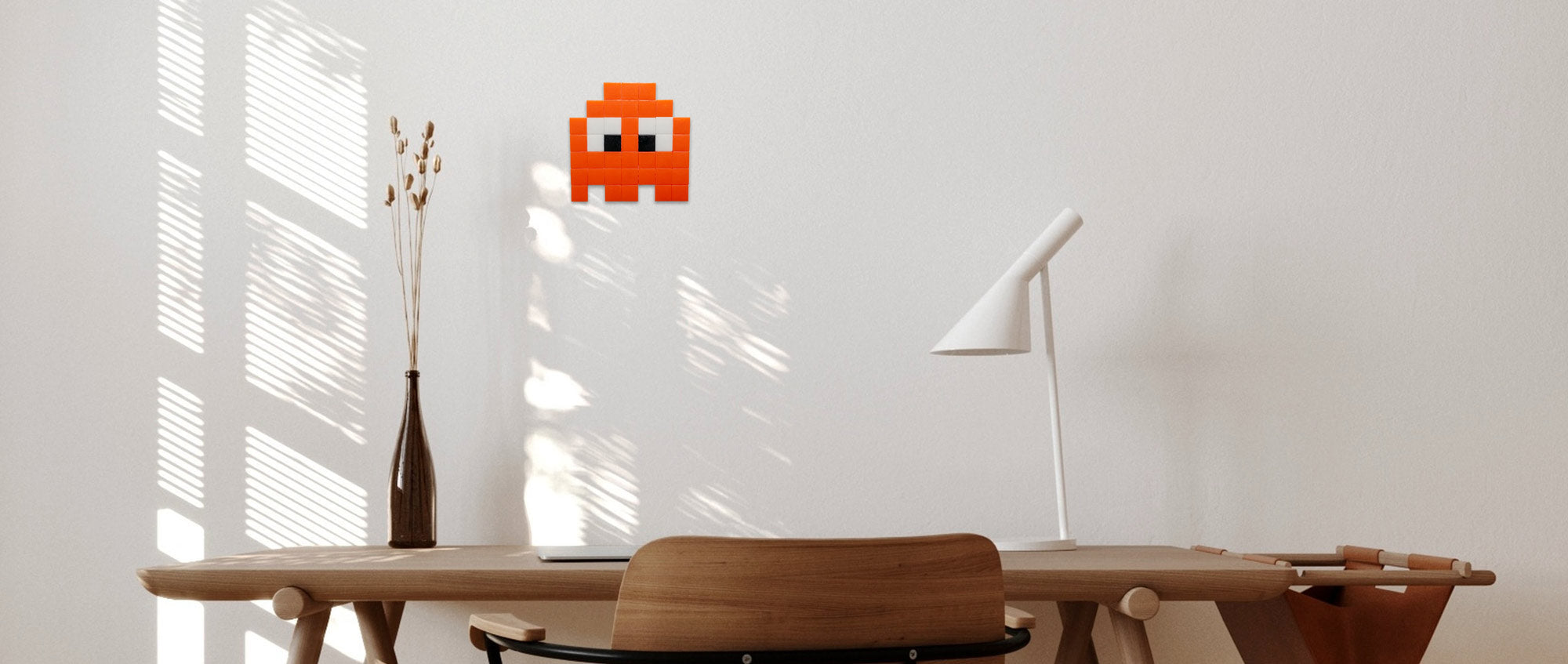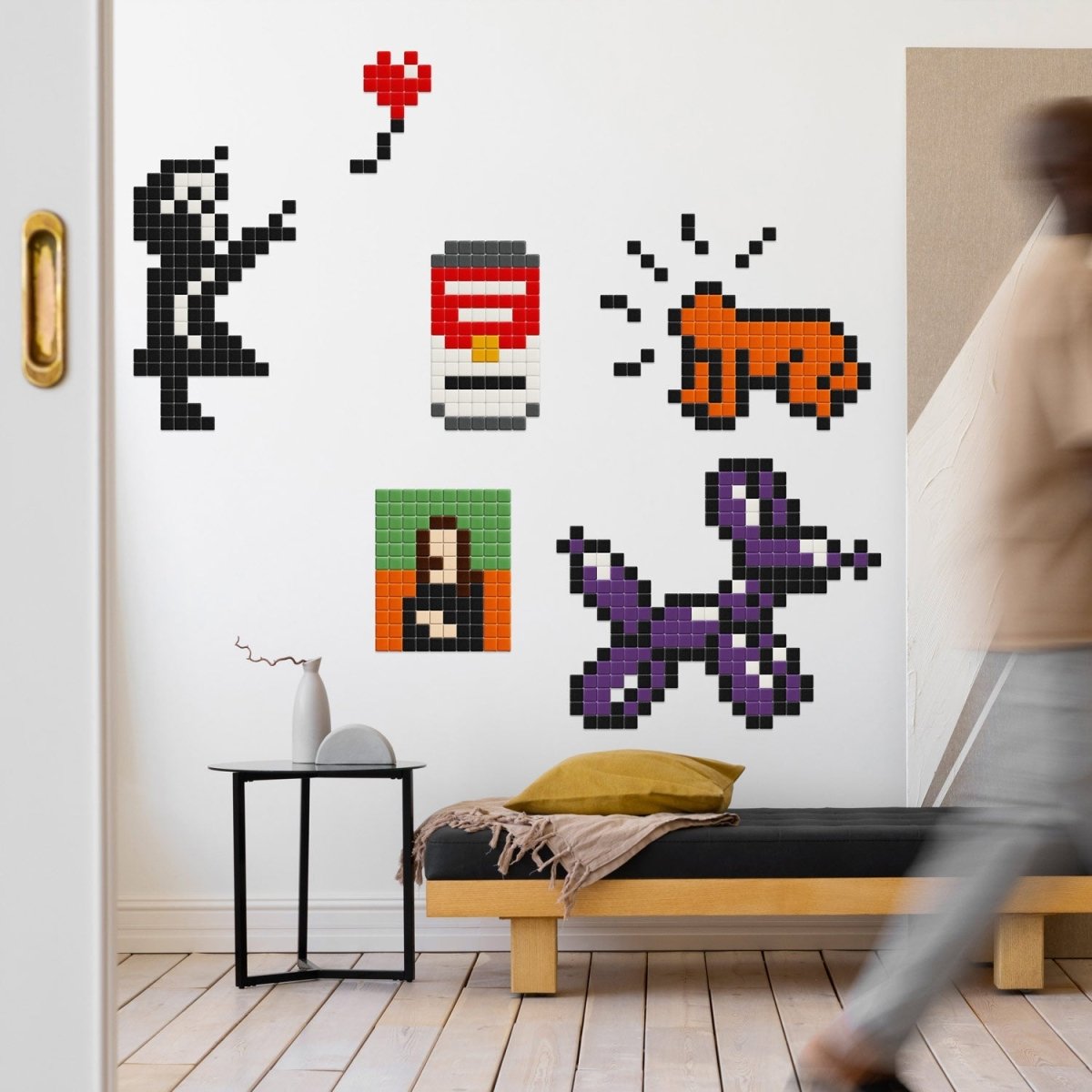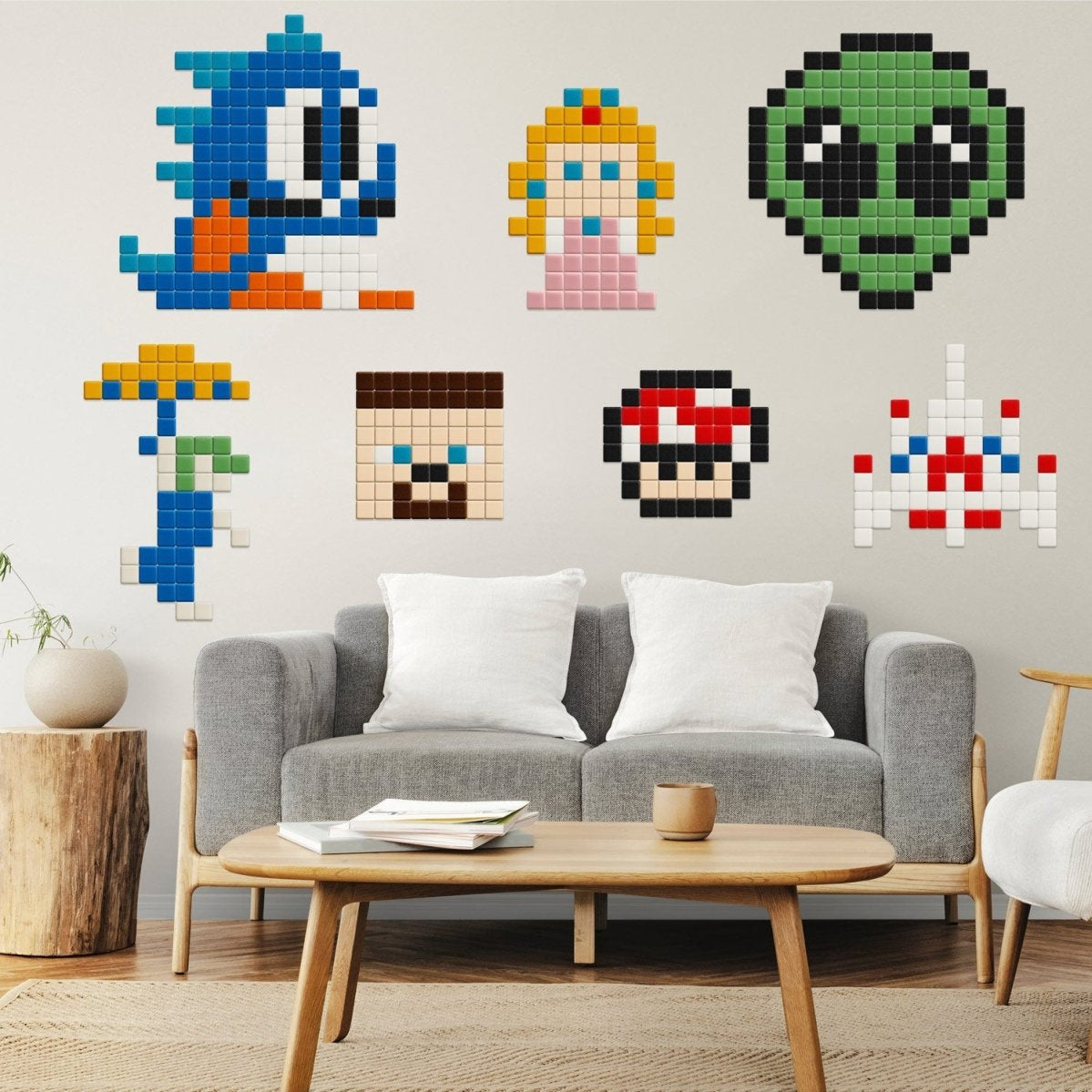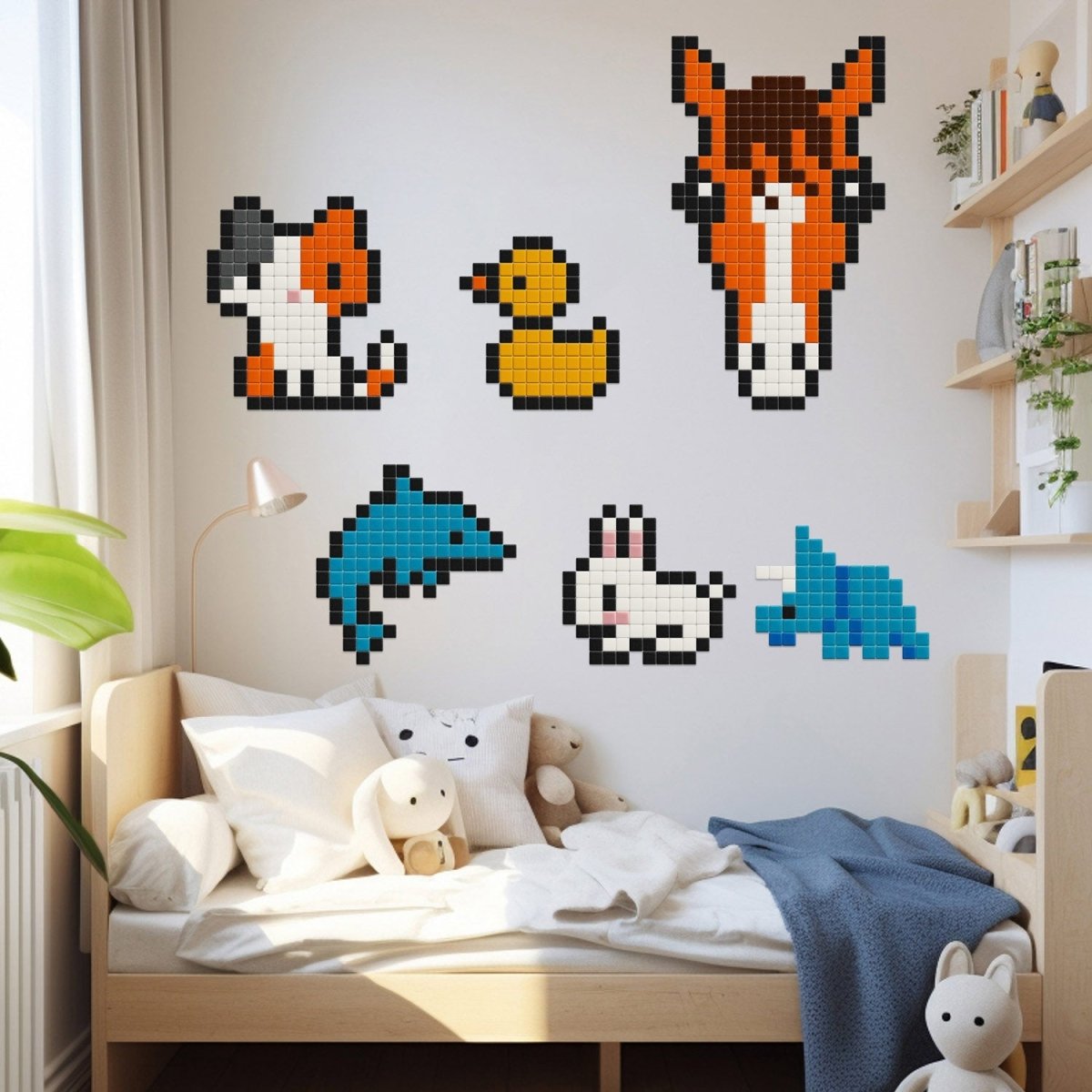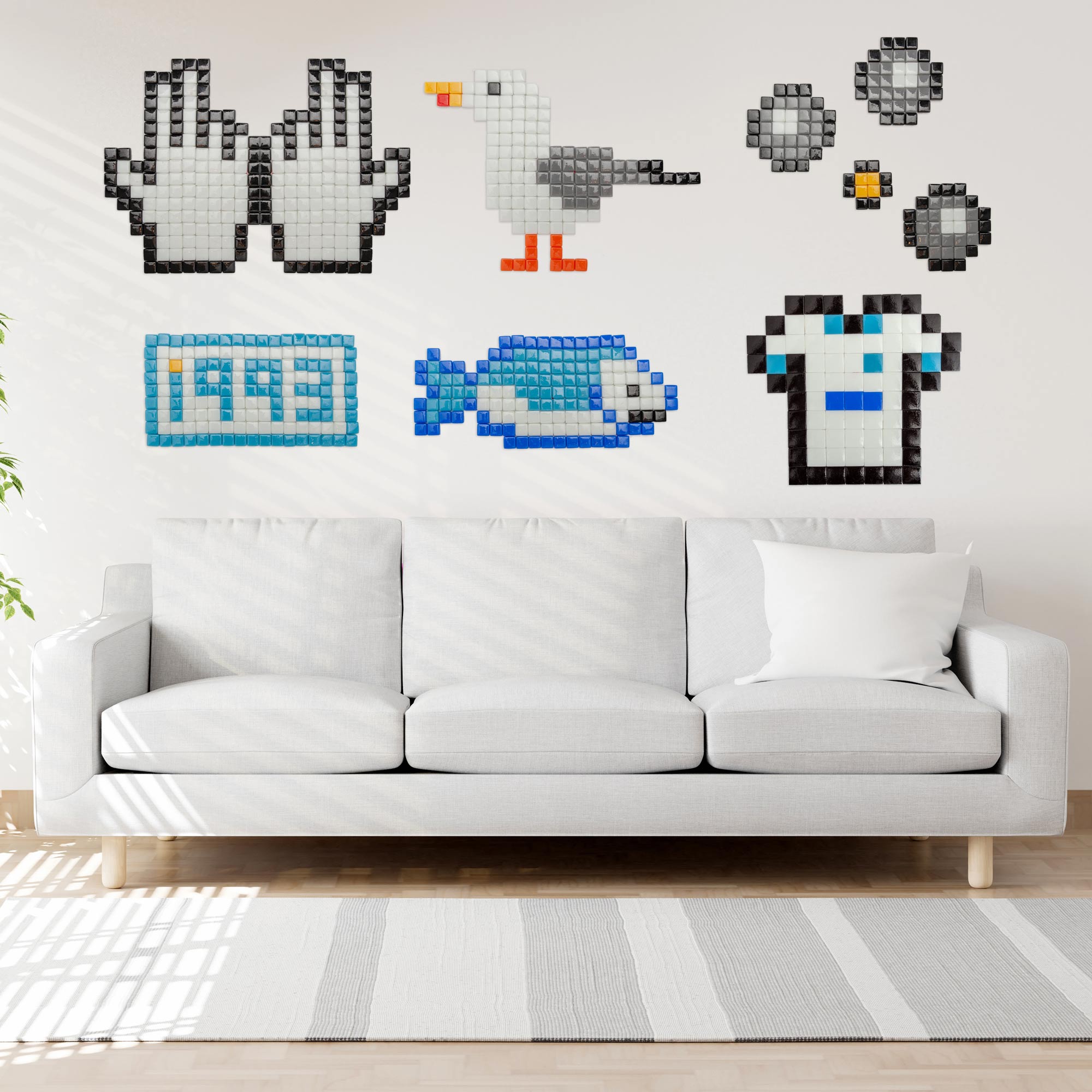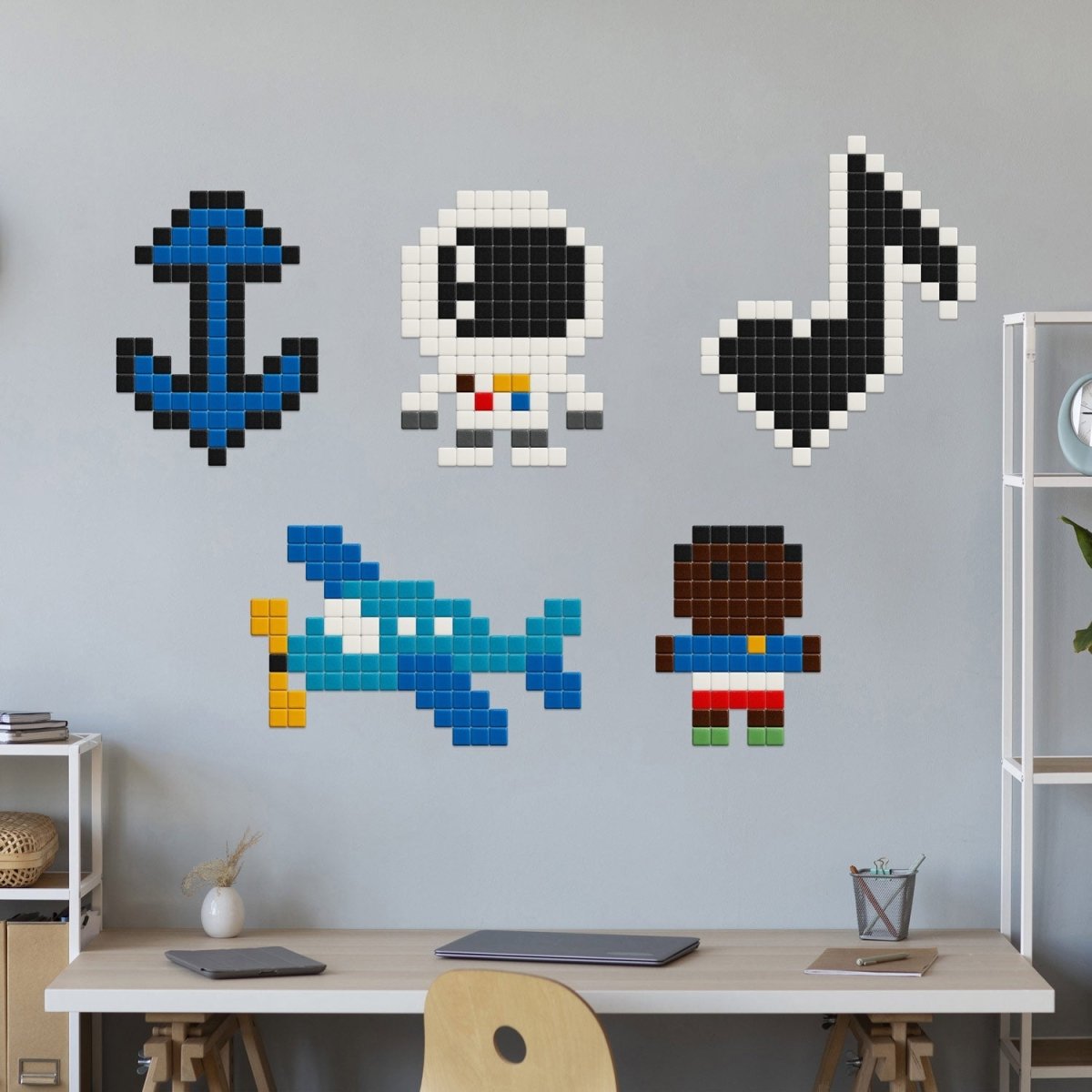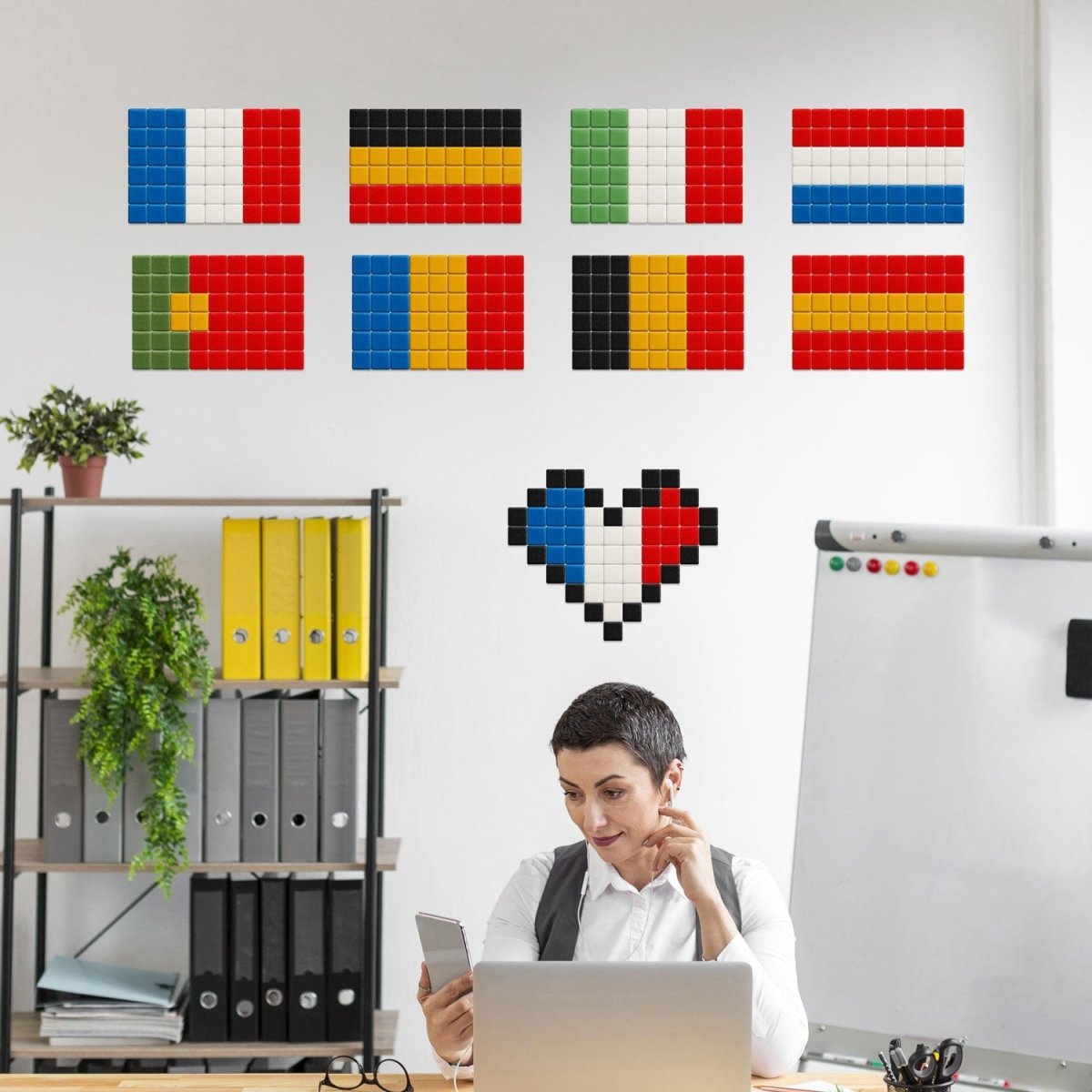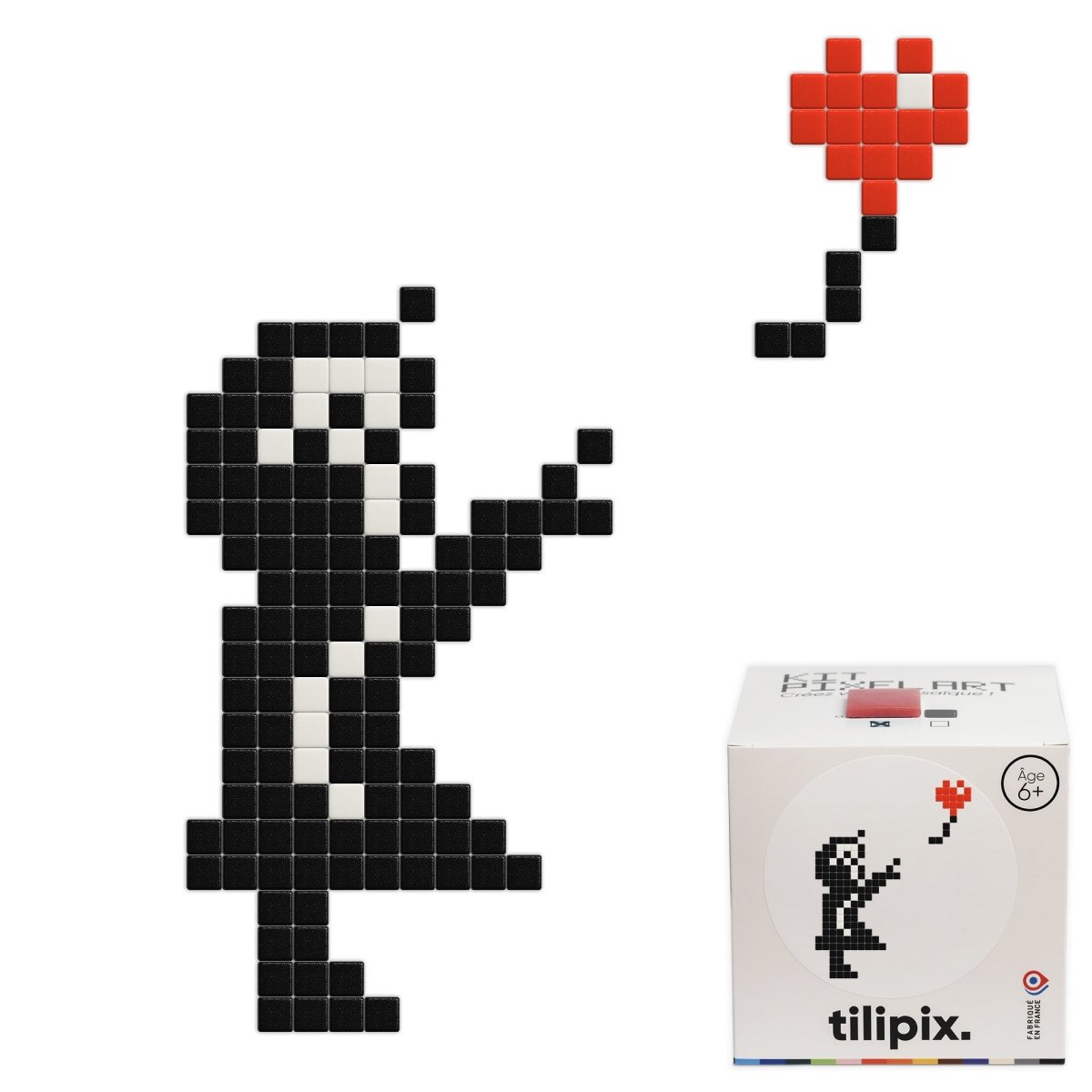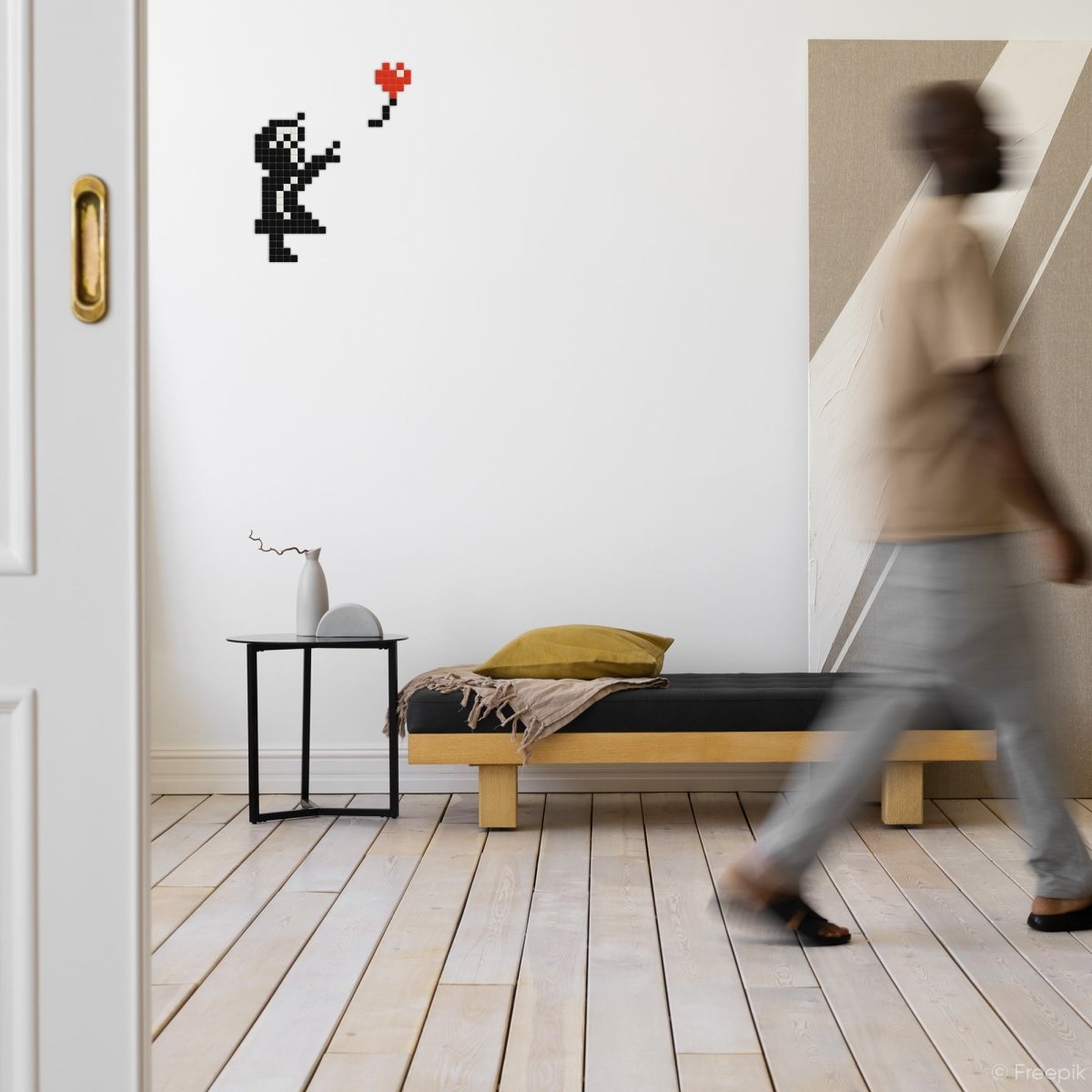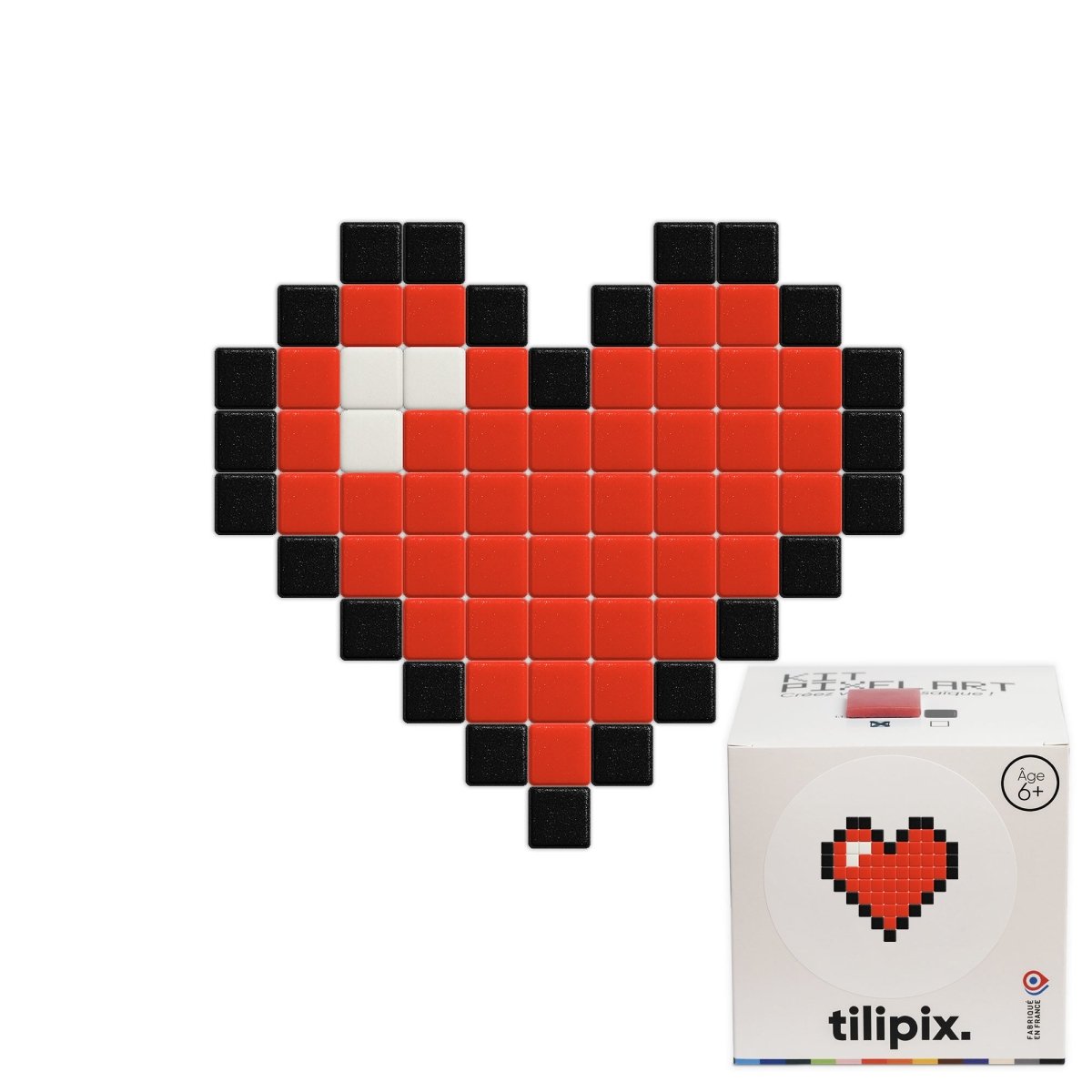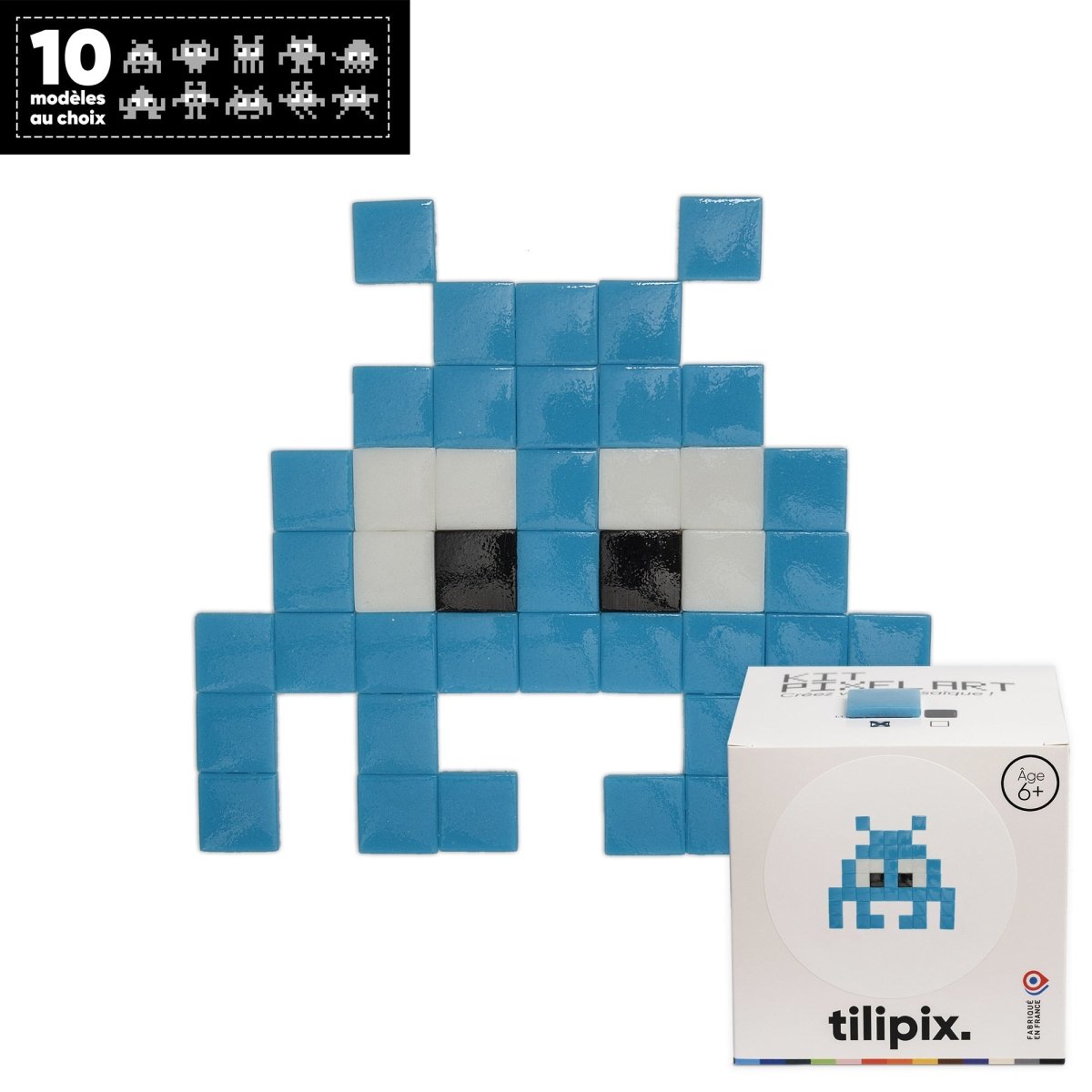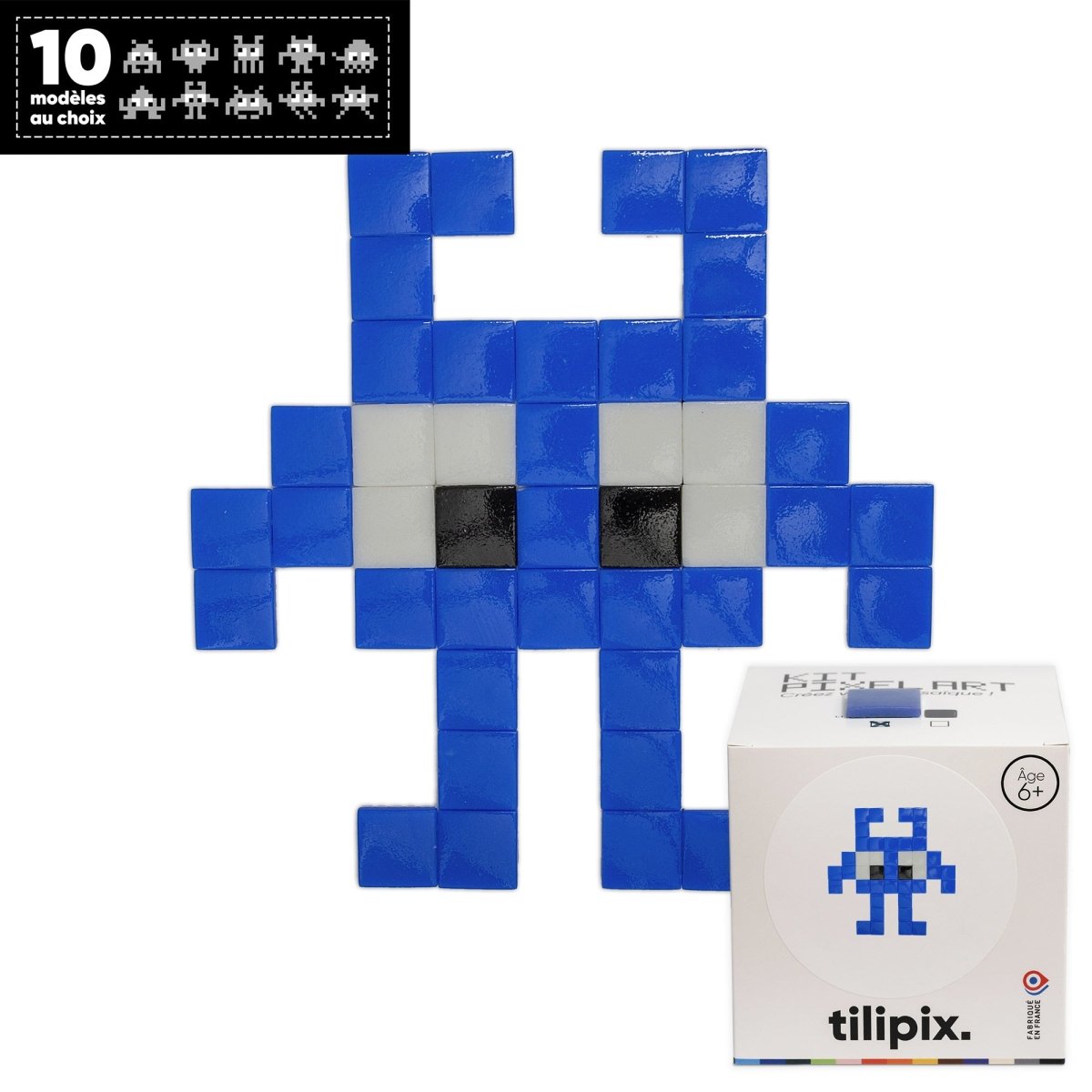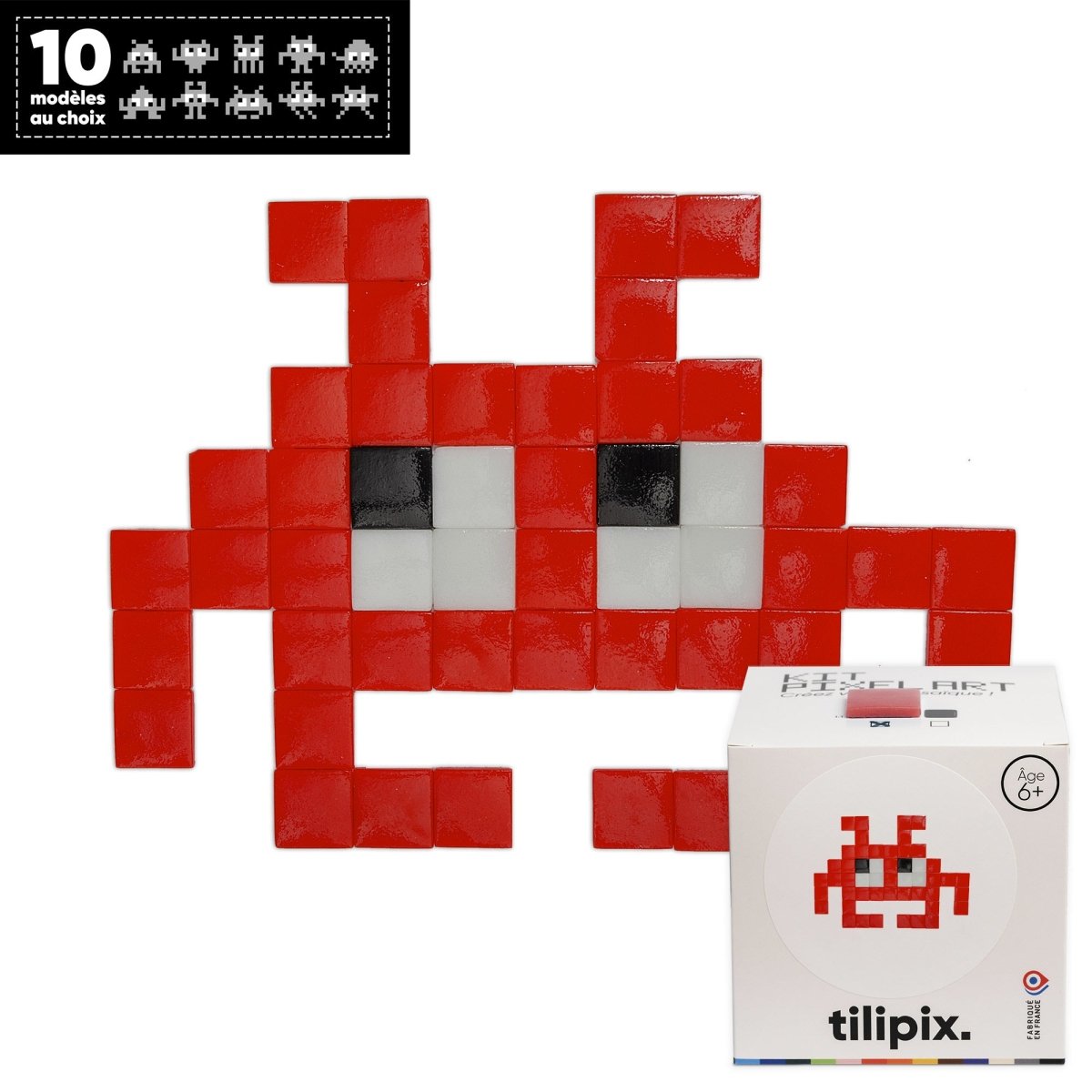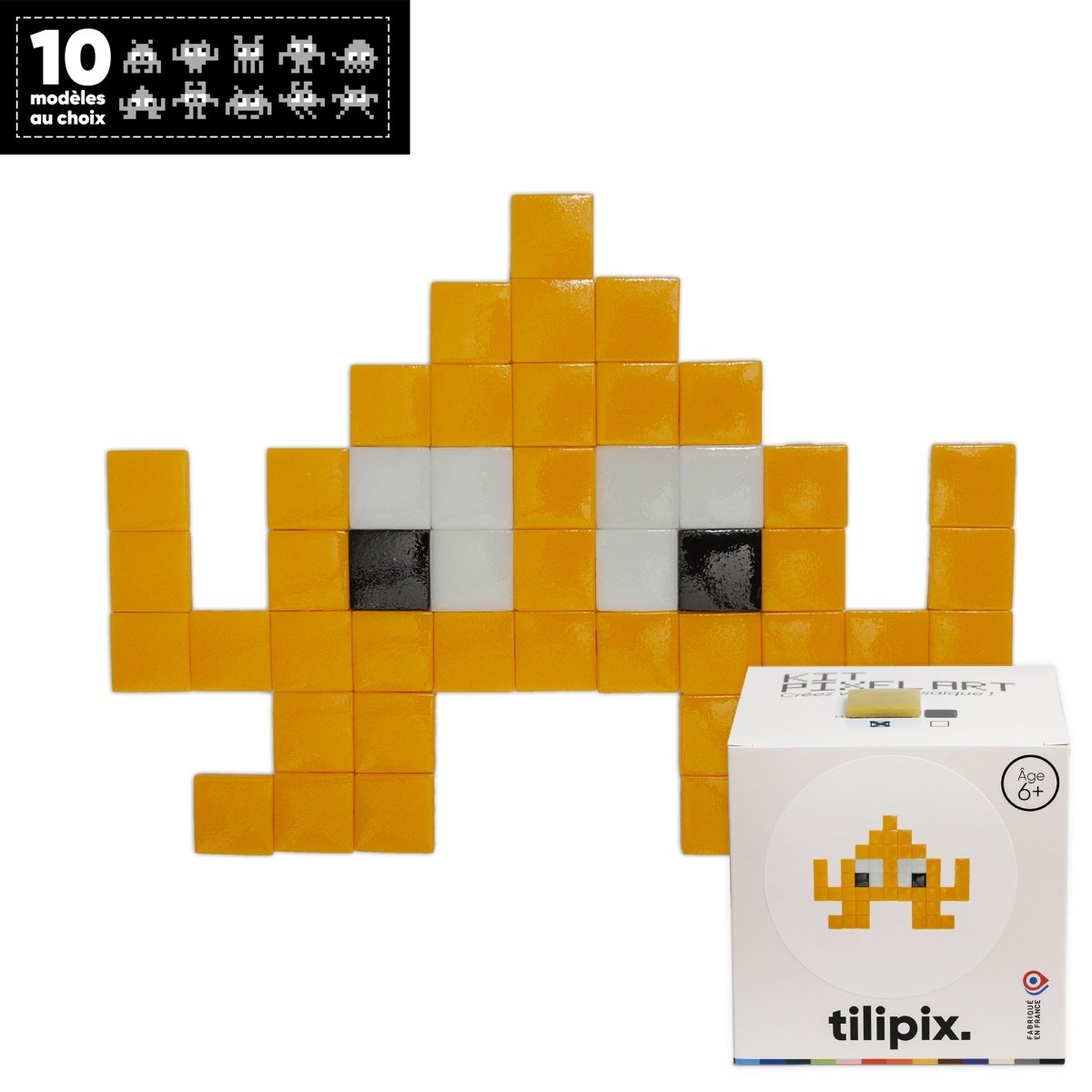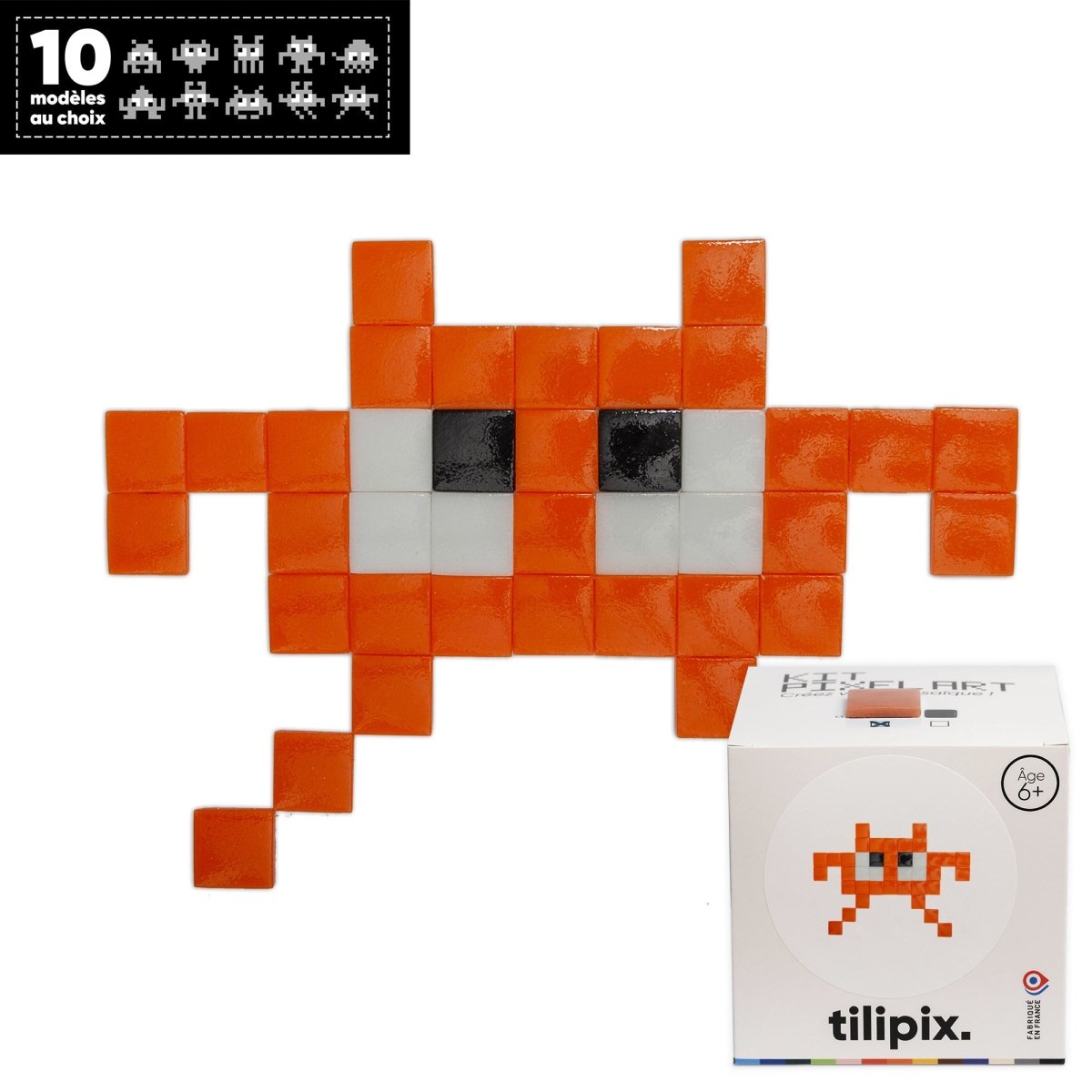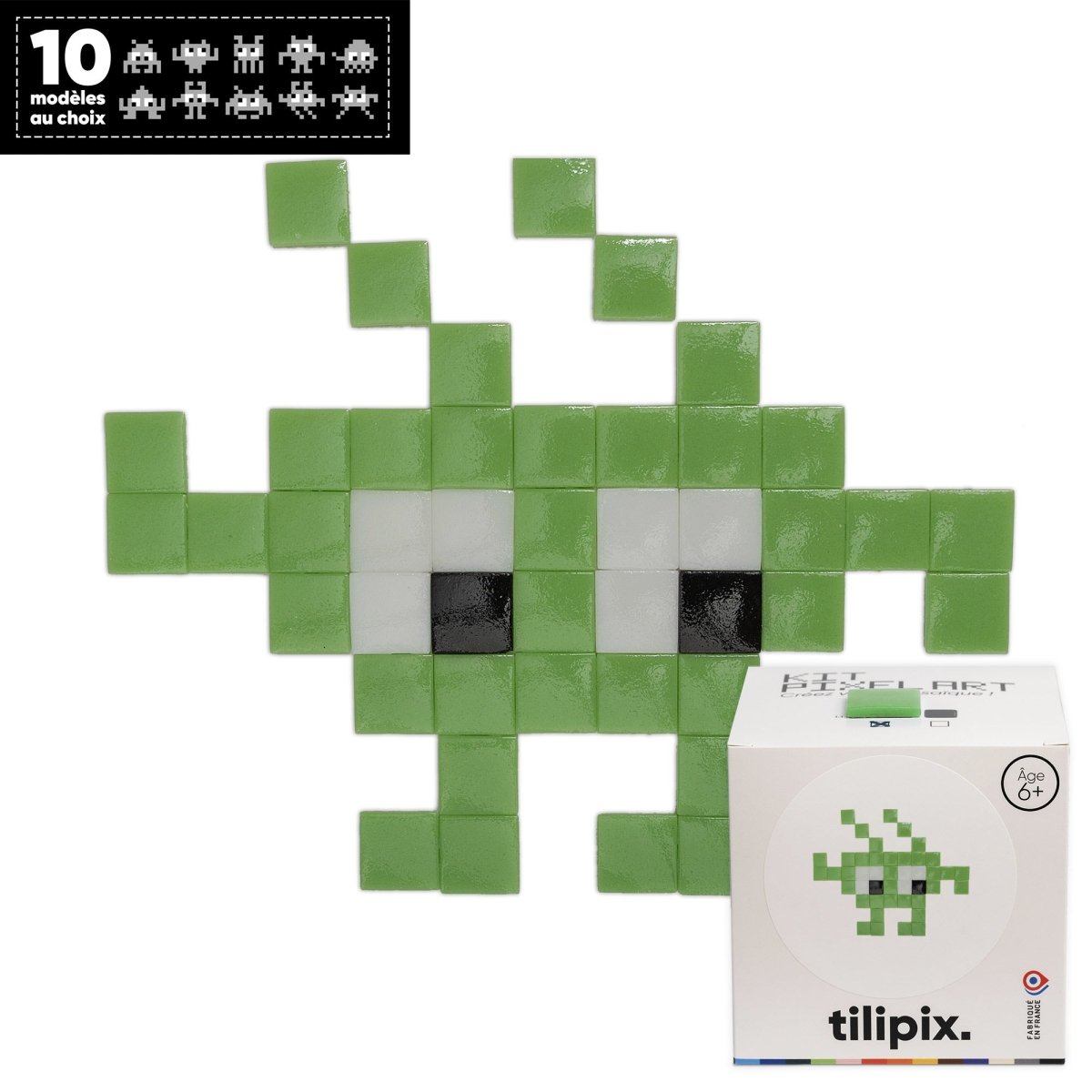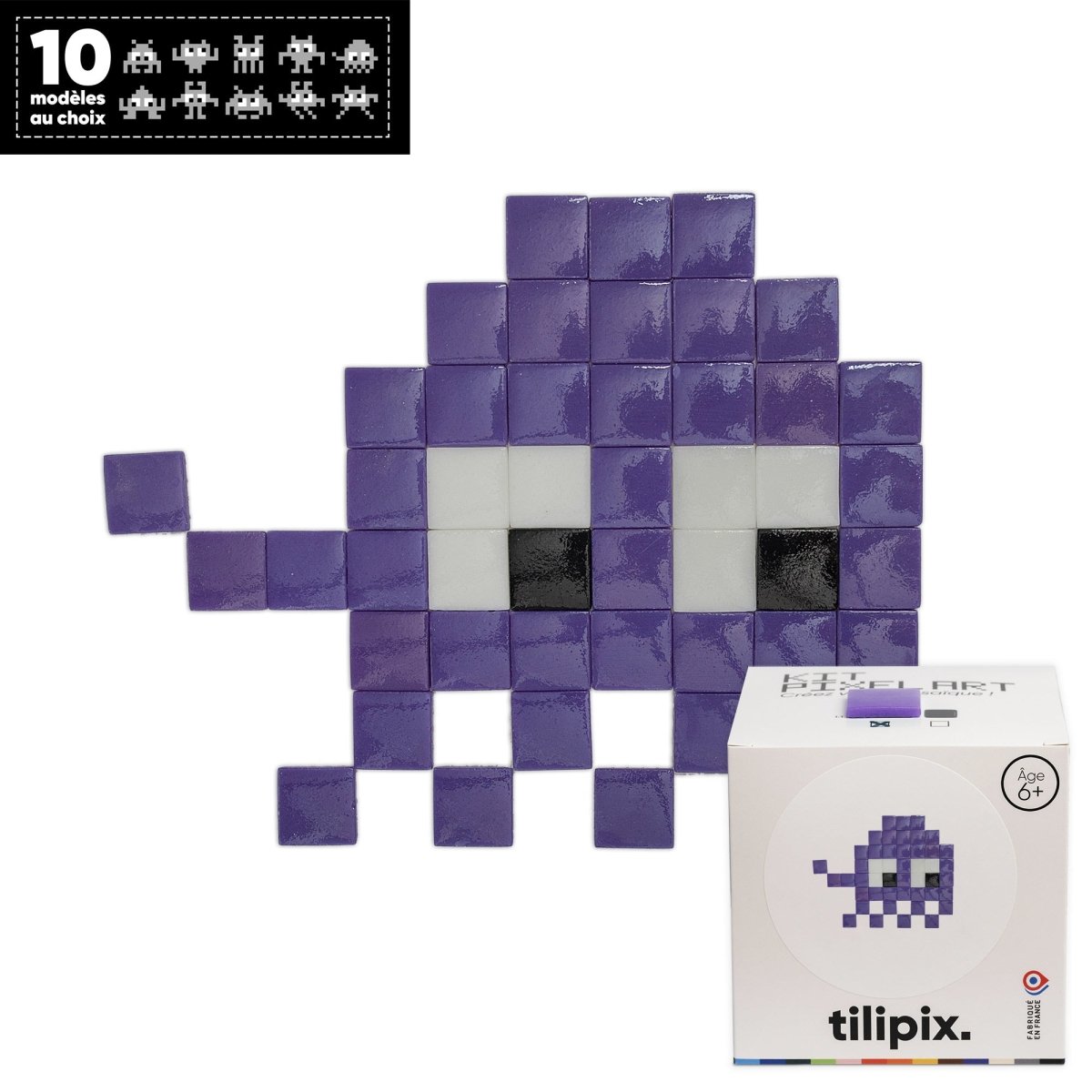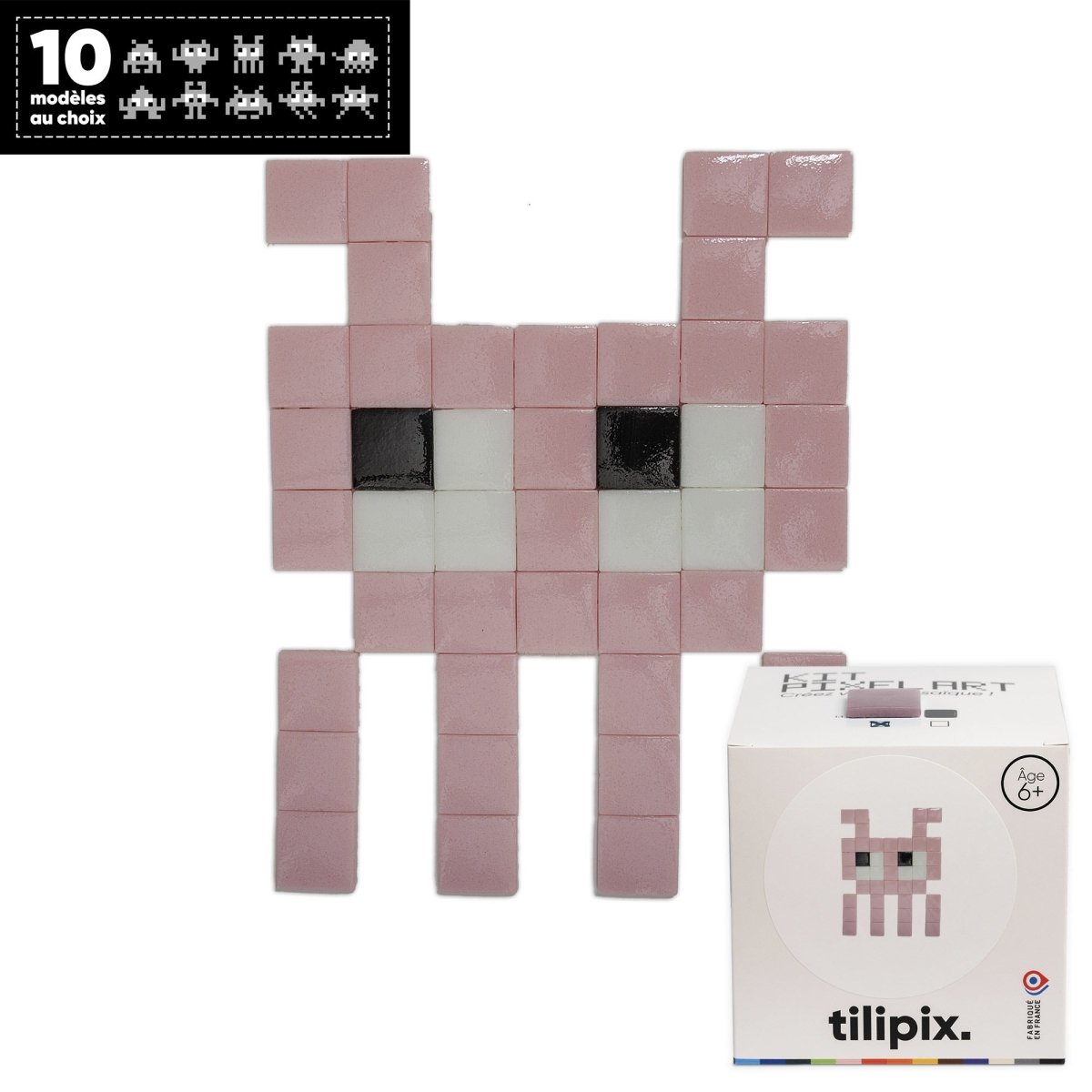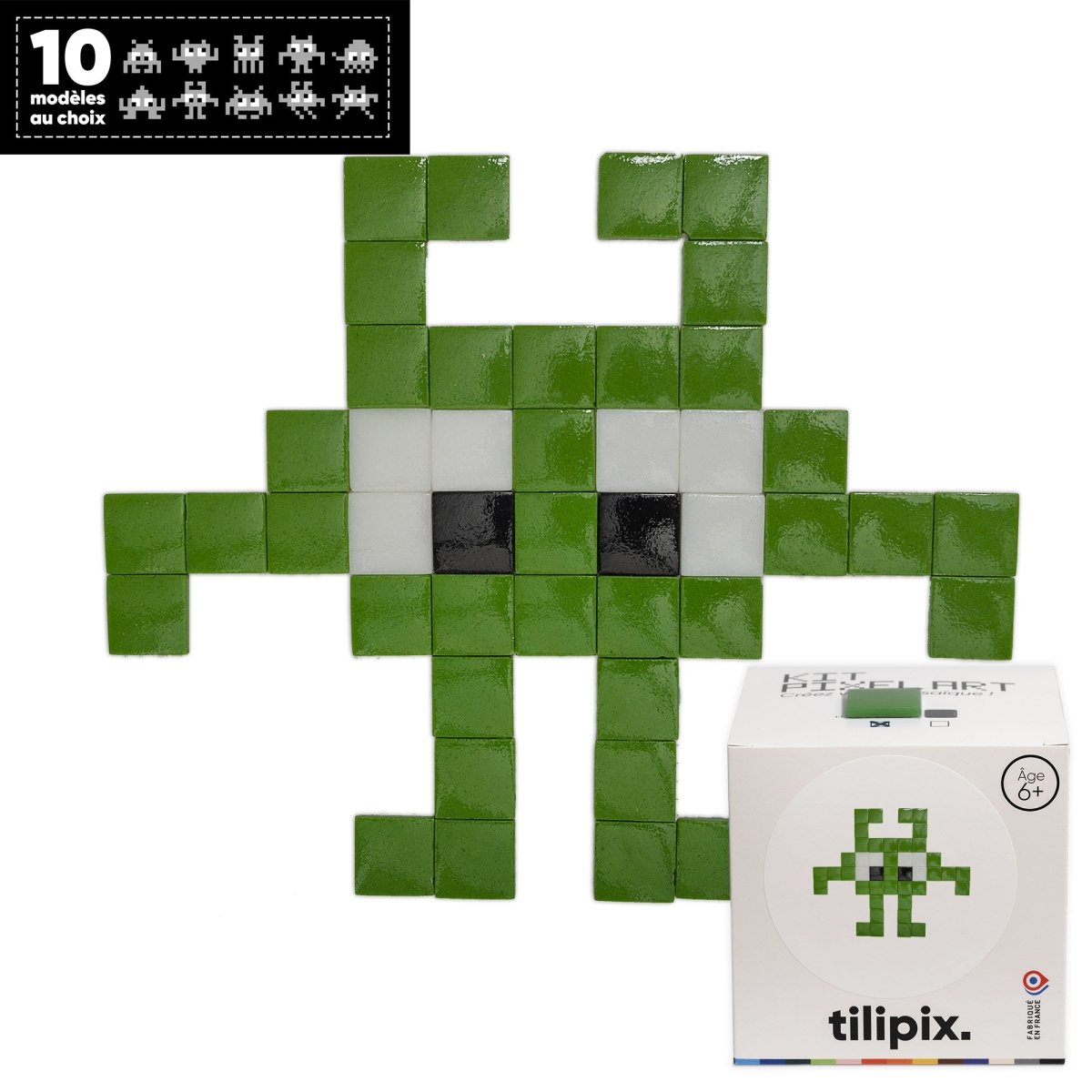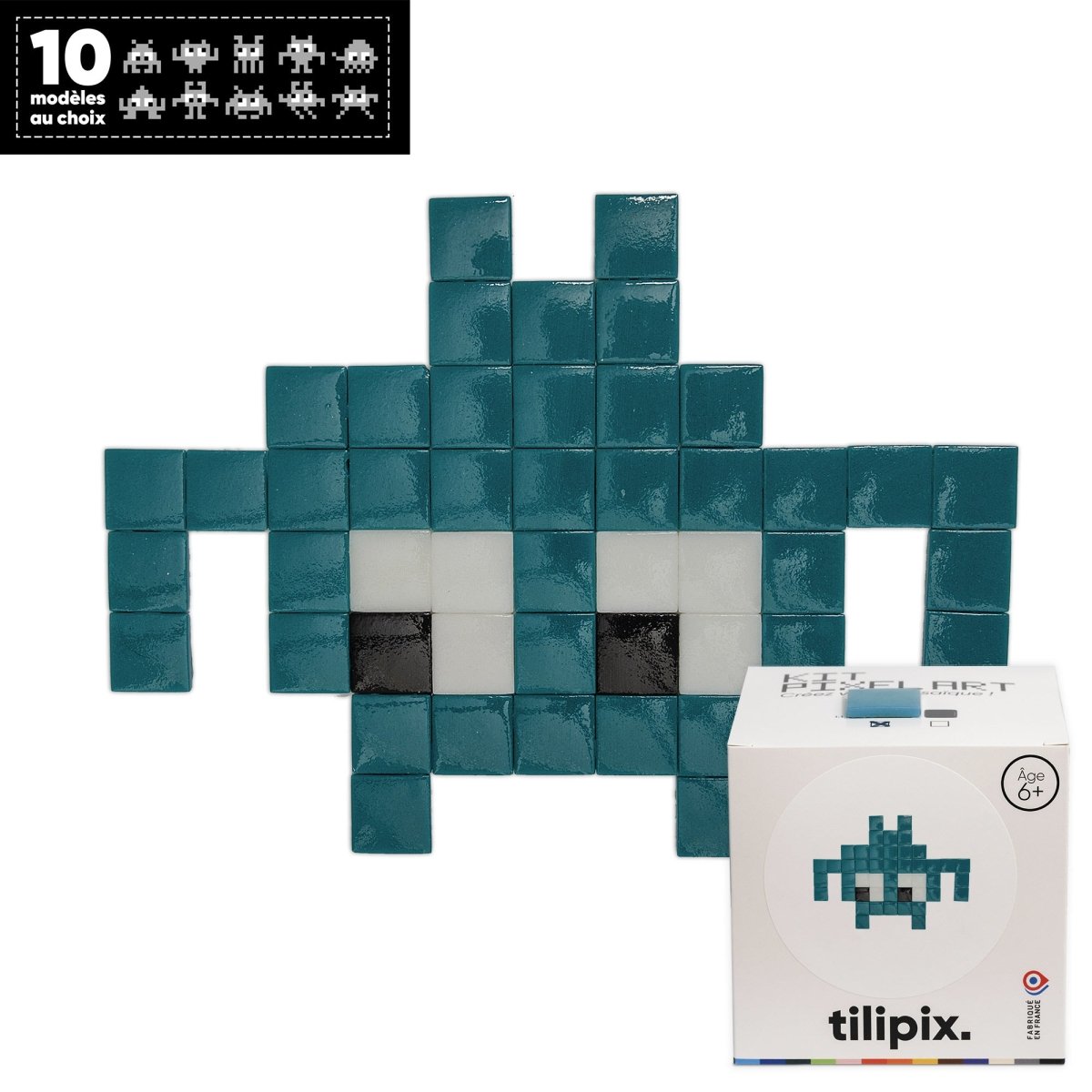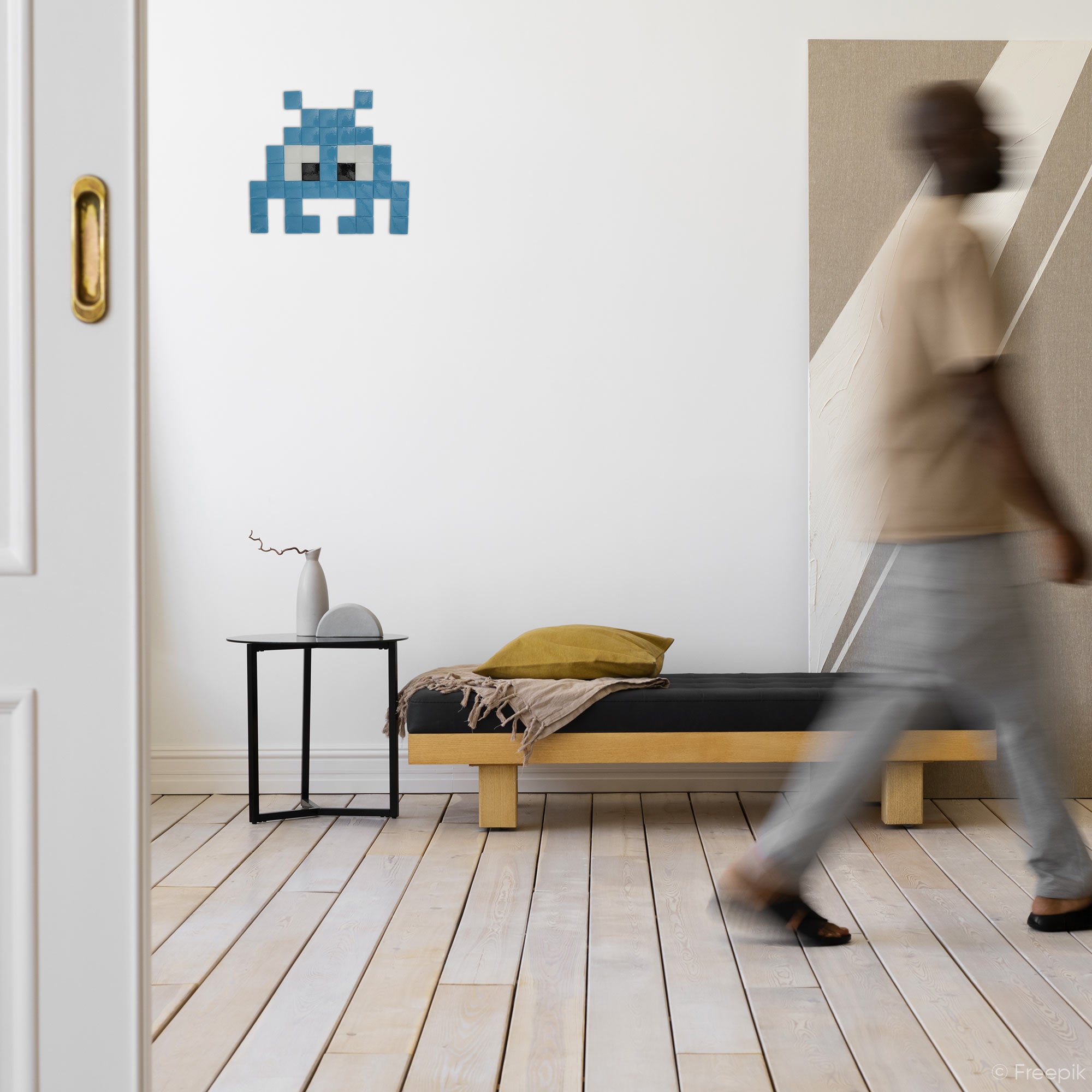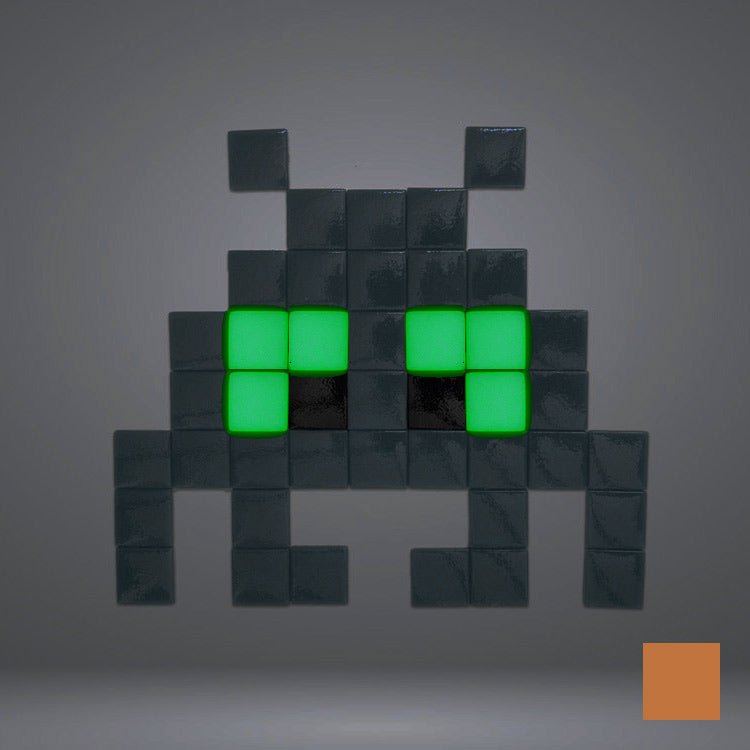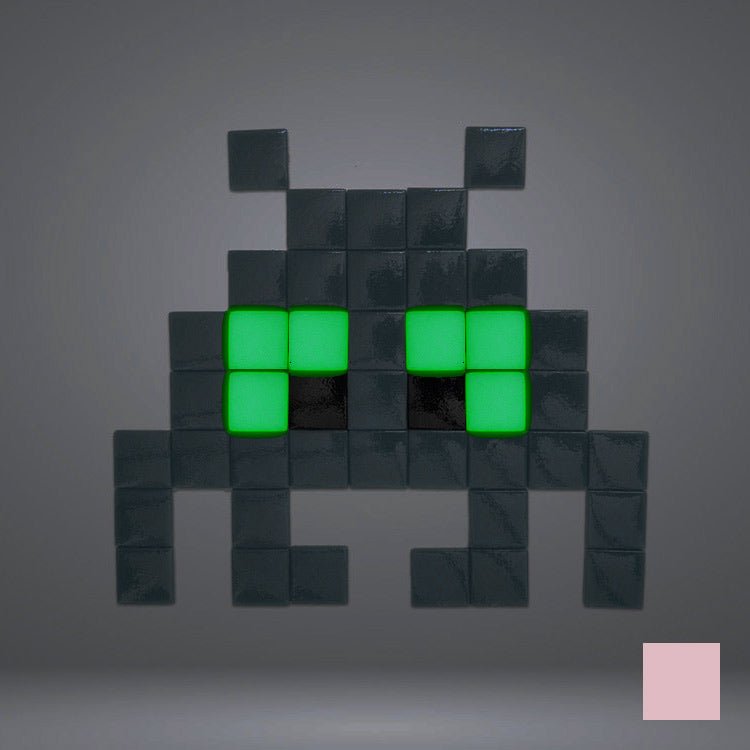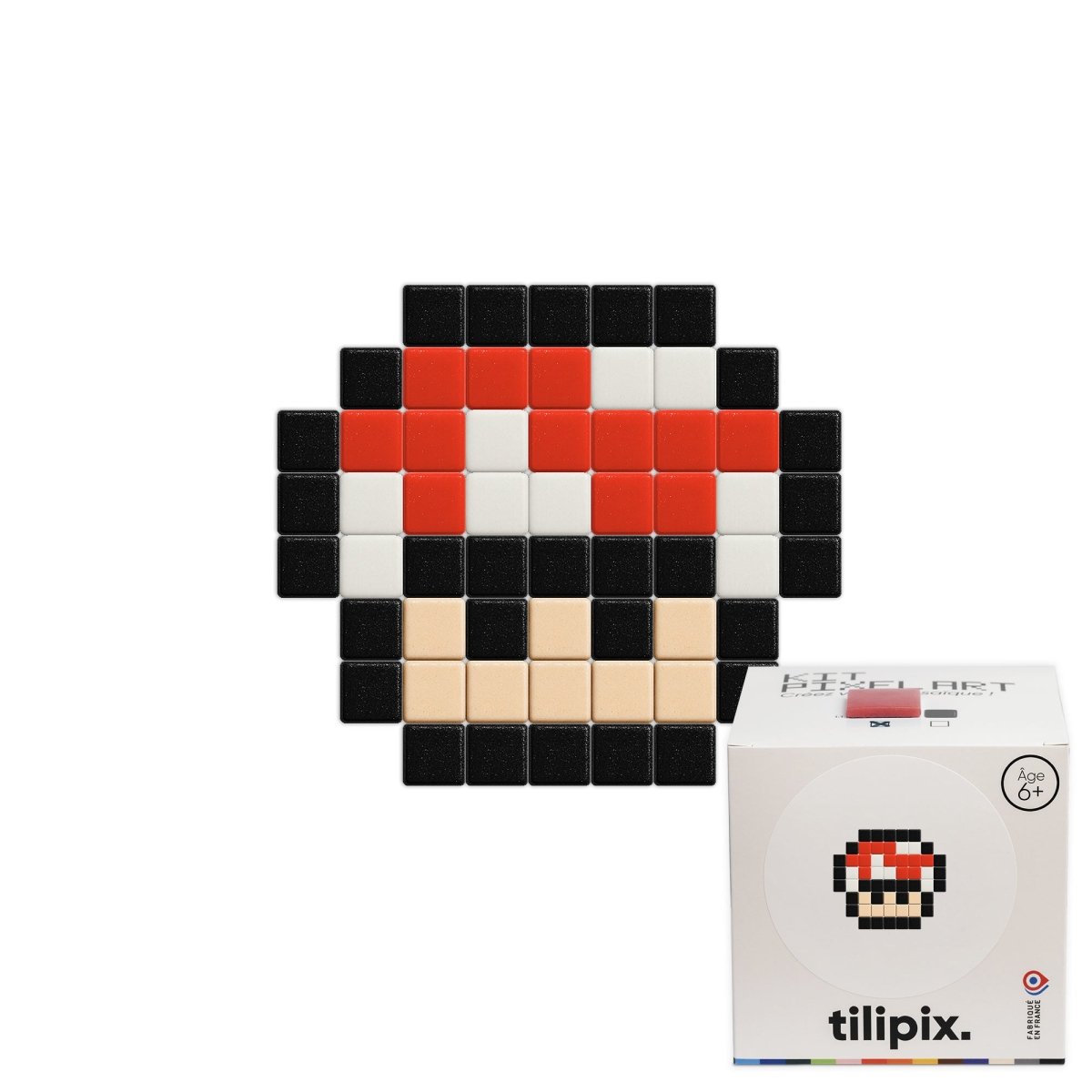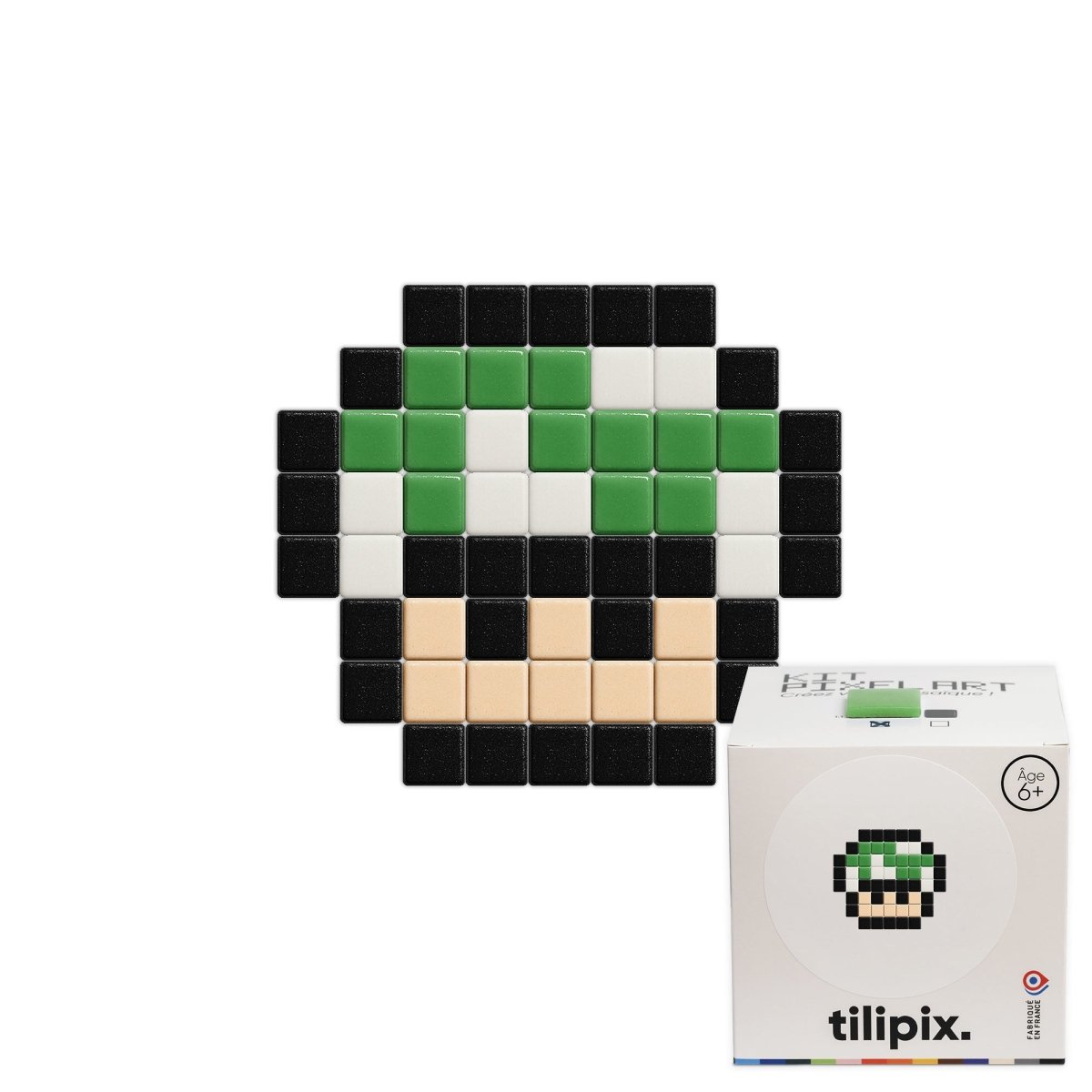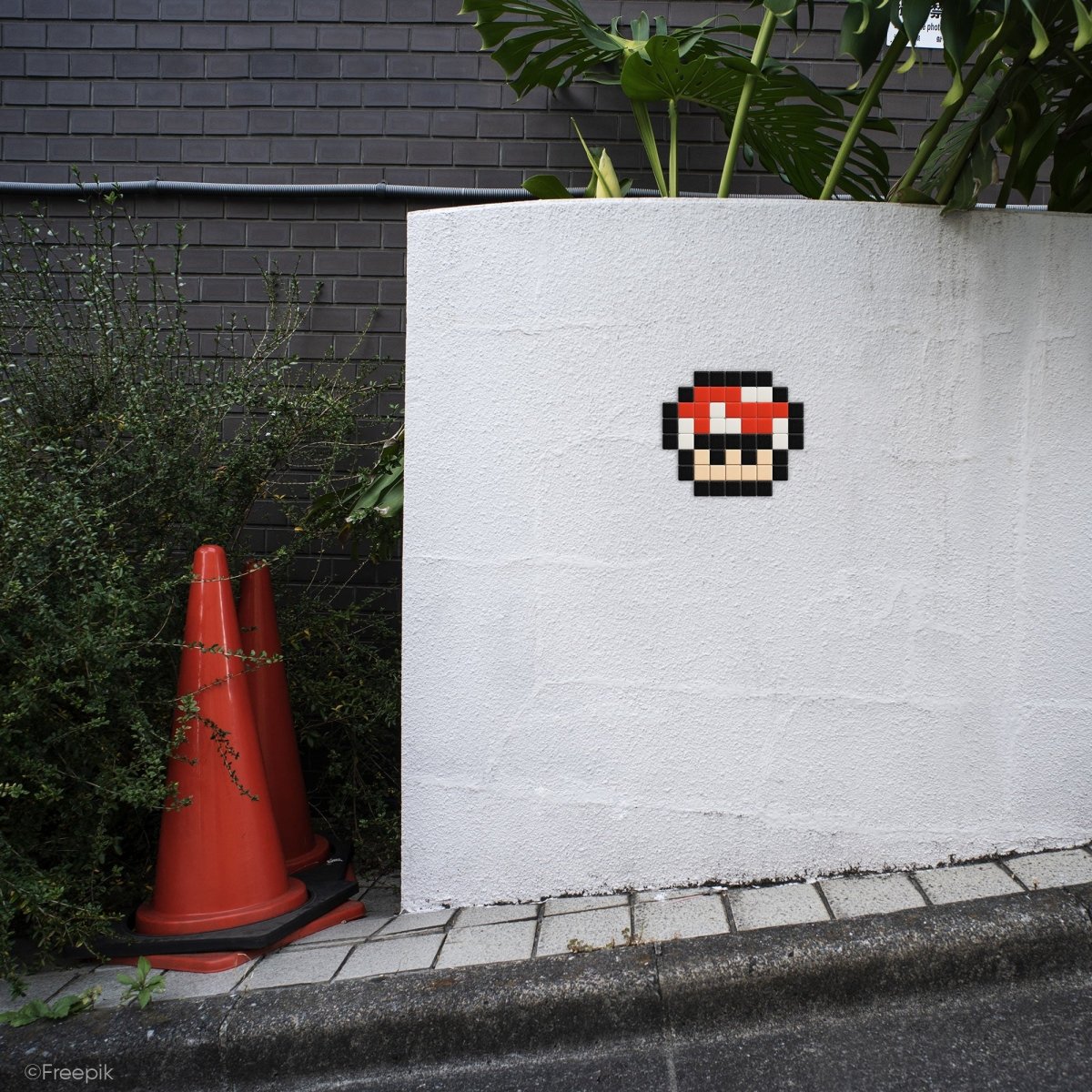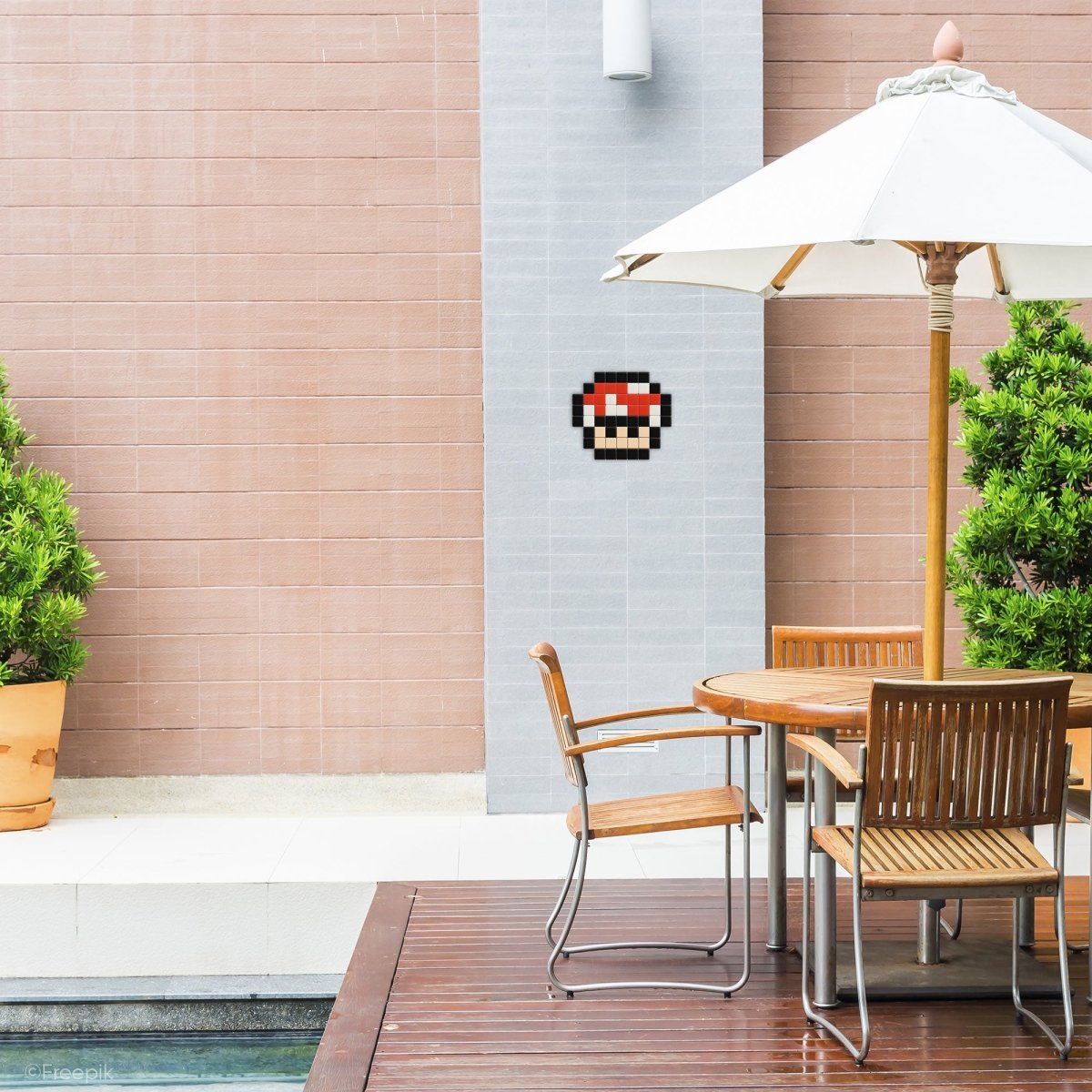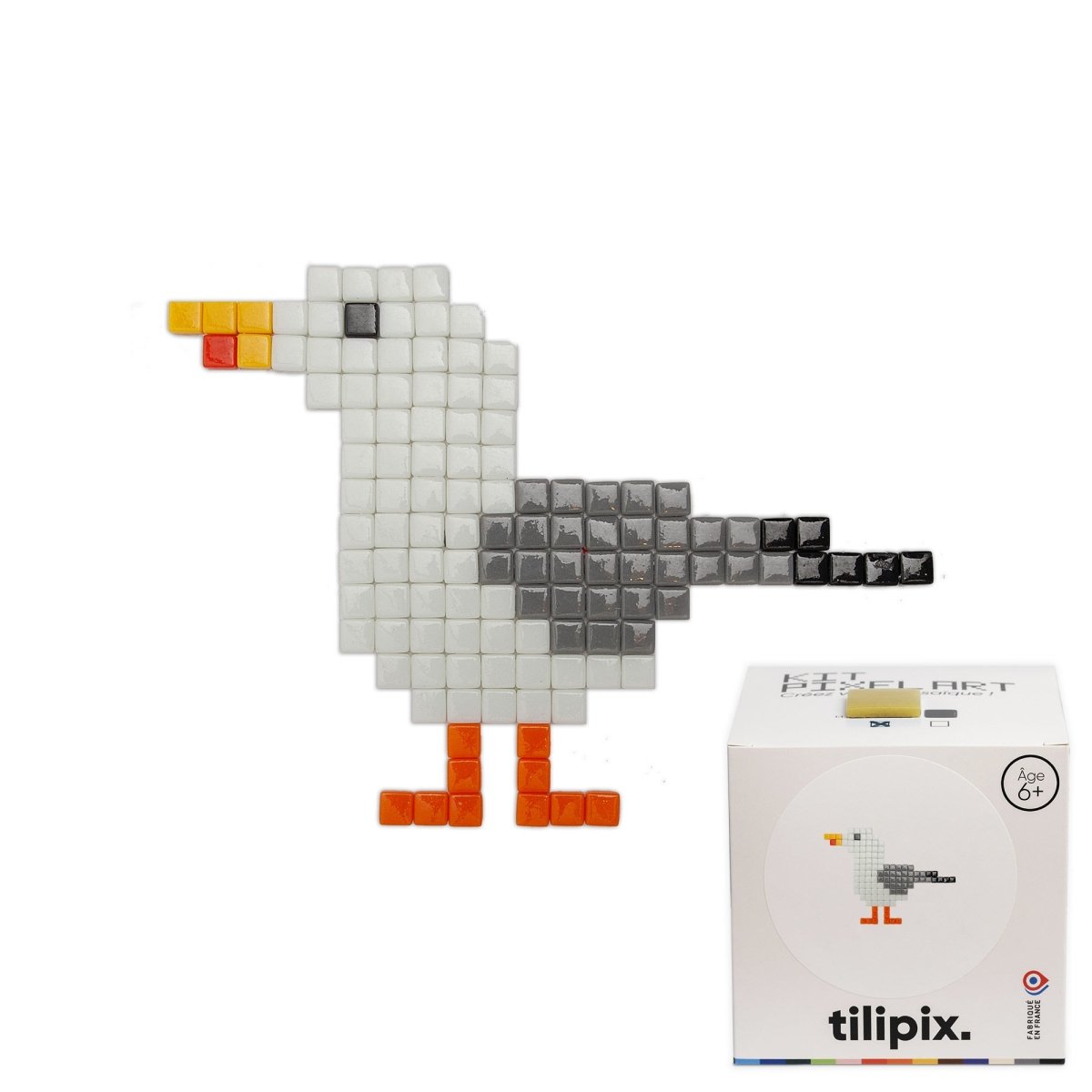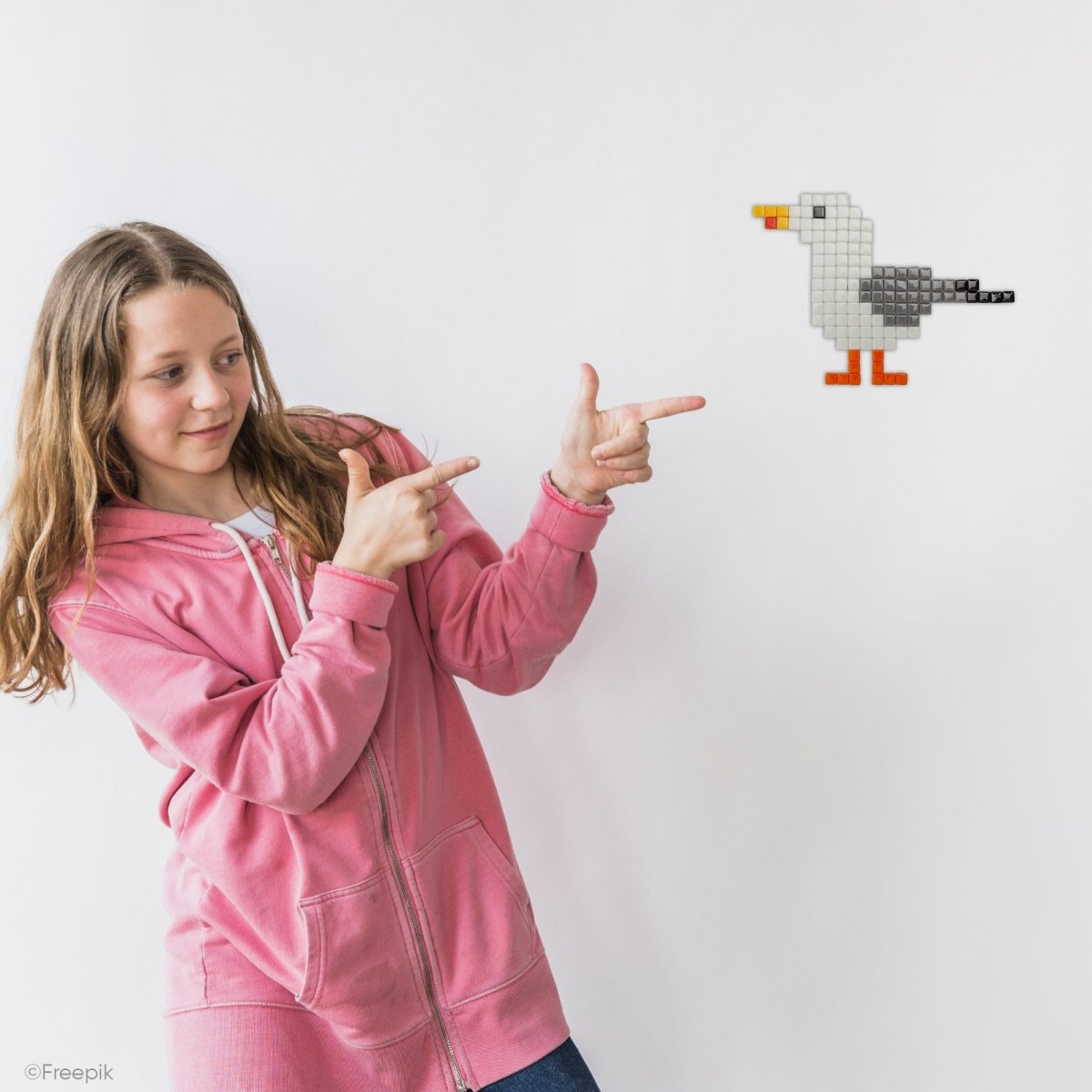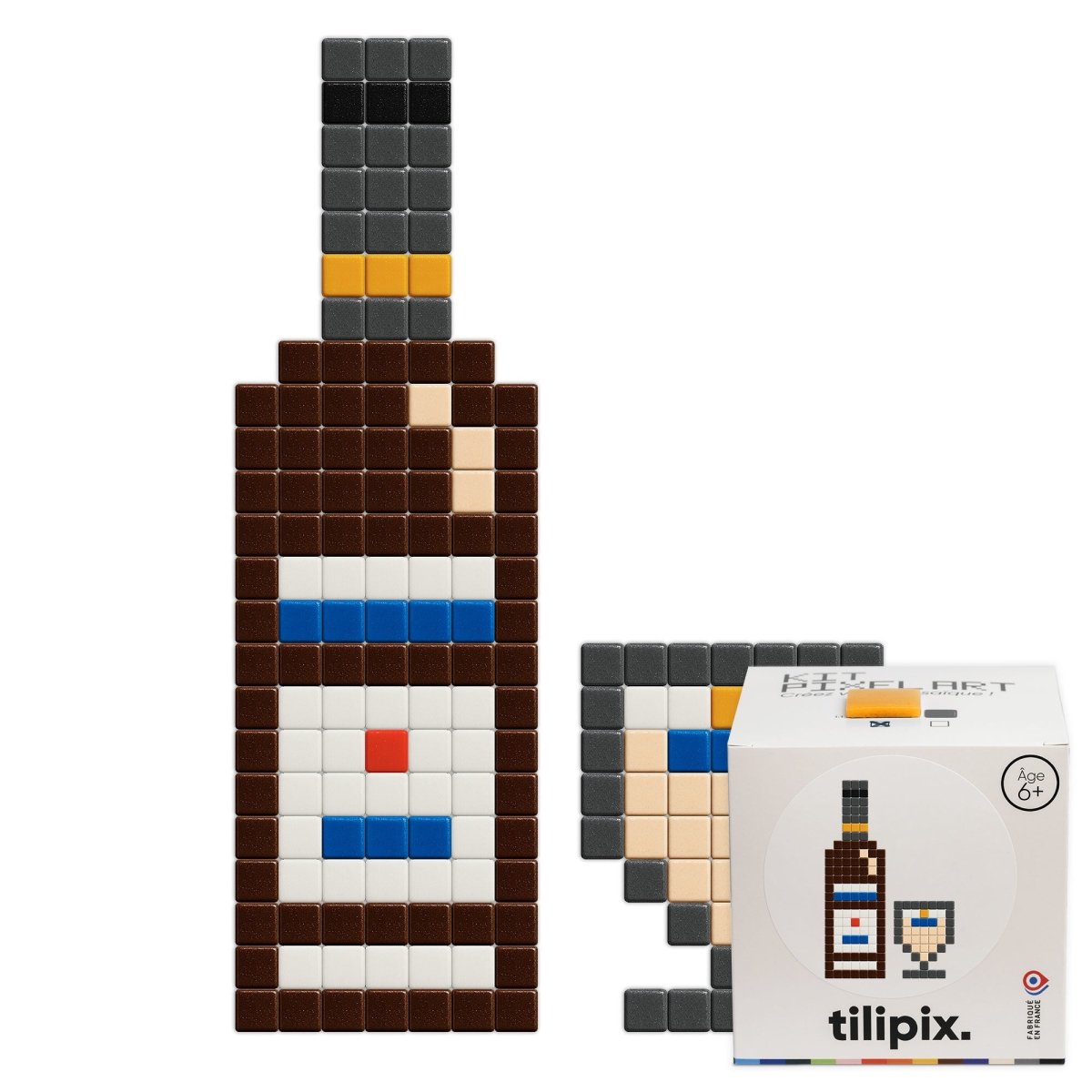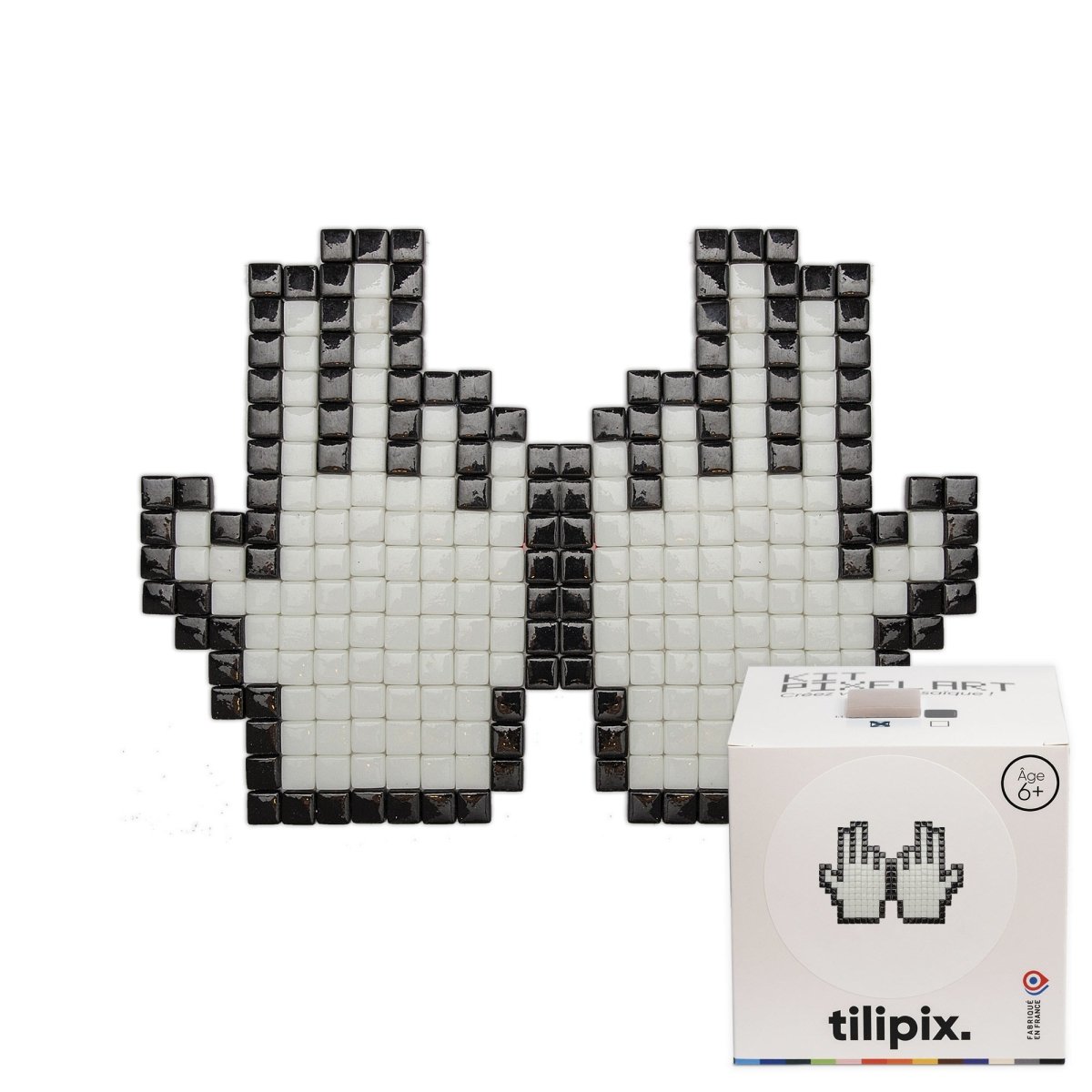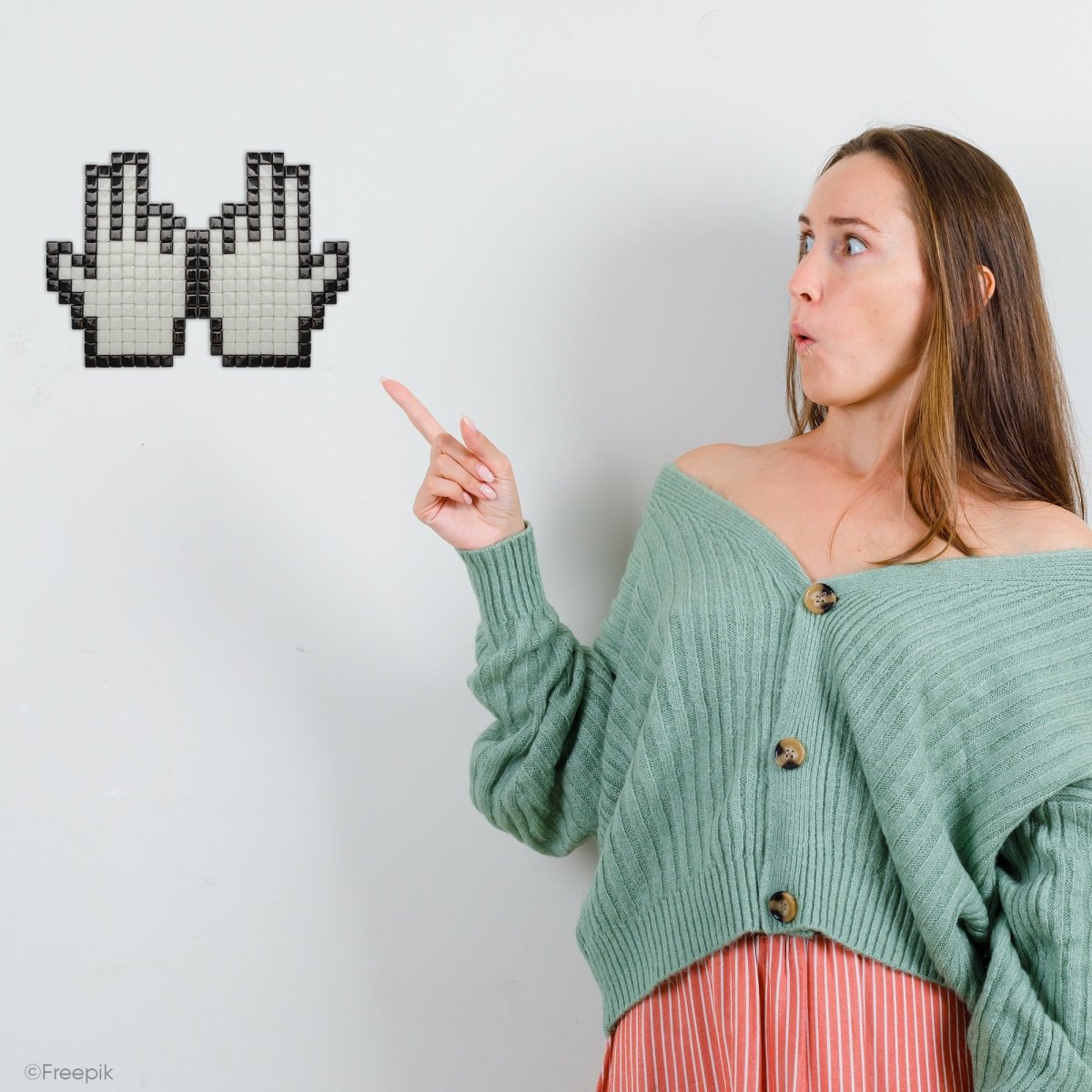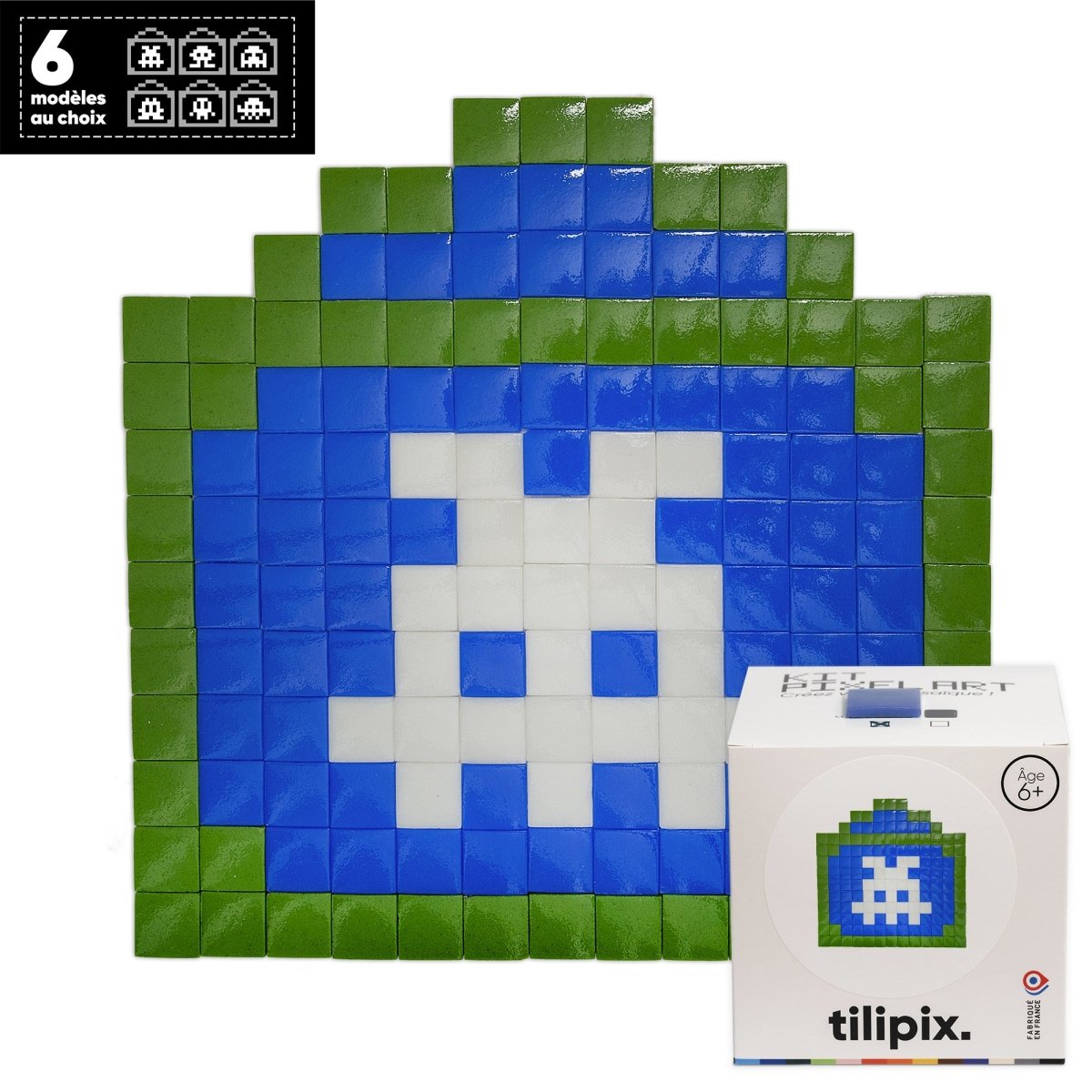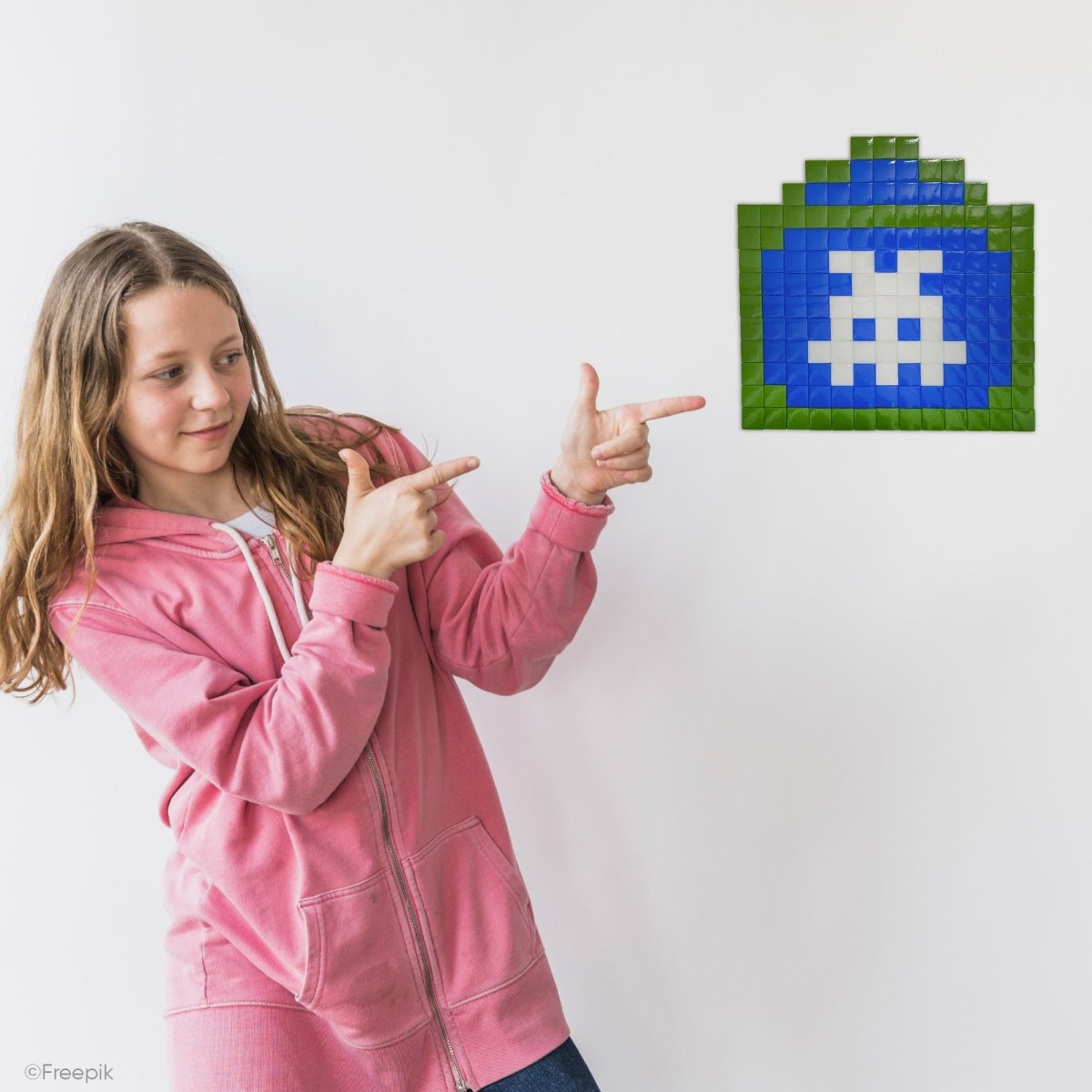Pixelens x Monoli
Free shipping
Tilipix brings Japan into its collection with the PixLens , a creation by Monoli , a designer and materials engineer based in Japan.
This small optical prism transforms reality into analog pixel art , without a screen, without a battery, just by the magic of light .
An object that lies between art, science and contemplation , as fascinating to look at as it is to photograph.
✨ Can be used by hand or in front of a lens (smartphone, camera...)
🎮 Instantly transform your environment into 8-bit
🔬 Cut from acrylic, polished and assembled by hand in Japan
📏 Dimensions: 34 × 34 × 16 mm (18 × 18 “pixels”)
🇯🇵 Available exclusively in France at Tilipix
📦 Limited edition of only 20 copies
📦 Free delivery in France to a collection point for orders over €60.
⏳ Order preparation in less than 24-48 hours
🚚 Delivery in 2-6 days in mainland France.


Limited edition
A gem from Japan 🇯🇵
Born from the imagination of the Monoli studio, the PixLens reinvents the way we see the world.
An object at the crossroads of art and science , it transforms reality into analog pixel art .
Tilipix fell in love with his world and became the first and only reseller in France to share this gem with you.

A Tilipix exclusive 💣
This collaboration is the meeting of two curious and creative worlds:
🎨 Monoli , a Japanese studio that blends art and science through poetic objects
🧩 Tilipix , passionate about pixels and design, always on the lookout for inspiring gems
From this meeting a joint project was born: to introduce the PixLens to the French public , between contemplation and visual experimentation.
The PixLens is a small optical lens that transforms the world into analog pixel art without a screen, without a battery, just by the magic of light , to awaken curiosity and imagination.
🎥 For content creators , it allows you to create unique photos and videos , with a retro and graphic 8-bit style rendering.
🎨 For pixel art artists , it's a source of visual inspiration : a new way to explore the light, color, and geometry of the real world.
👾 For children (and adults) , it's a poetic observation game — another way of seeing life “in 18 bits”.
It all started during a trip to Japan , where the Tilipix team discovered the work of the Monoli studio and its fascinating object: the PixLens .
A real favorite for this concept which is simple, intelligent and poetic, in the same philosophy as Tilipix: seeing the world differently, pixel by pixel .
From this encounter came the desire to introduce this creation to the French public , in a spirit of cultural openness and creative curiosity.
As seen in the press 👍🏻
We'll answer all your questions! 🙏🏻
-
The PixLens is a small optical lens that transforms the world into analog pixel art — without a screen, without a battery, just by the magic of light.
It is a creative and contemplative object :
🎥 For content creators , it allows you to create unique photos and videos with a retro 8-bit graphic look.
🎨 For pixel art artists , it becomes a source of visual inspiration , a way to rediscover volumes, light and color through a grid of real pixels.
👾 For children (and adults) , it's a fun observation game — another way of seeing life “in 18 bits”, both playful and poetic.In short, a bridge between analog and digital , between art and play.
-
The PixLens measures 3.4 cm on each side and 1.6 cm thick , designed to fit in your hand or easily slip into a pocket.
Its minimalist grey case measures approximately 5.5 × 5.5 × 3.4 cm , perfect for protecting the lens during transport.
-
The PixLens is made of acrylic resin , a material chosen to provide a sharp pixelation effect , excellent scratch resistance and low sensitivity to shocks or light concentration .
The result: a unique object that is robust, elegant, and durable. #JapanStyle
-
This is not a toy , but a creative observation object recommended for ages 7 and up.
It must be kept out of reach of young children and animals , particularly to avoid any risk of ingestion.
-
To fully enjoy the analog pixel art effect, place the PixLens about 30 cm from your eyes or the camera , and keep at least 30 cm away from the subject .
Objects that are high-contrast, large, moving, or distant pixelate best.
Conversely, fine patterns, close objects or elongated shapes will be more difficult to render.
The secret? Move the lens slightly and let the scene transform before your eyes — guaranteed retro effect!
-
Yes, the PixLens remains a precision optical object , to be handled with care.
Avoid shocks , large temperature variations or prolonged exposure to the sun (as with a pair of glasses).
It is durable , but deserves to be treated as a beautiful design object , combining technology and delicacy.
-
Yes! Each PixLens is handcrafted and polished , making each one unique .
The curved surface may sometimes exhibit slight opacity, subtle patterns, or fine micro-scratches related to hand-polishing.
These details do not alter the transparency or the quality of the pixel effect , and are part of the charm of the manufacturing process.
-
Absolutely! The PixLens is the perfect gift for curious and creative minds .
It appeals to photo fans as well as pixel art artists , Japanese design enthusiasts , or even children who love to see the world “in 18 bits”.
An original, poetic and universal object , halfway between gadget, work of art and visual experience — perfect for surprising without misjudging.
-
Each PixLens is manufactured in China , then carefully assembled and finished by hand in Japan by the Monoli studio.
Tilipix ensures its exclusive distribution in France , creating a creative bridge between Tokyo and Marseille — two worlds linked by the same love of pixels, design and a job well done.
-
Behind Monoli is Tomonari Kanno , a Japanese " material designer" and PhD in engineering , specializing in materials science .
As a teenager, he abandoned drawing for science, fascinated by the beauty of chemical formulas.
After a brilliant discovery in the laboratory, but also some setbacks, he decided to reconcile art and science through creations that question our perception of the world.
This is how Monoli was born, a Tokyo studio where scientific rigor meets the poetry of design , giving life to objects like the PixLens : simple, profound and resolutely Japanese.


